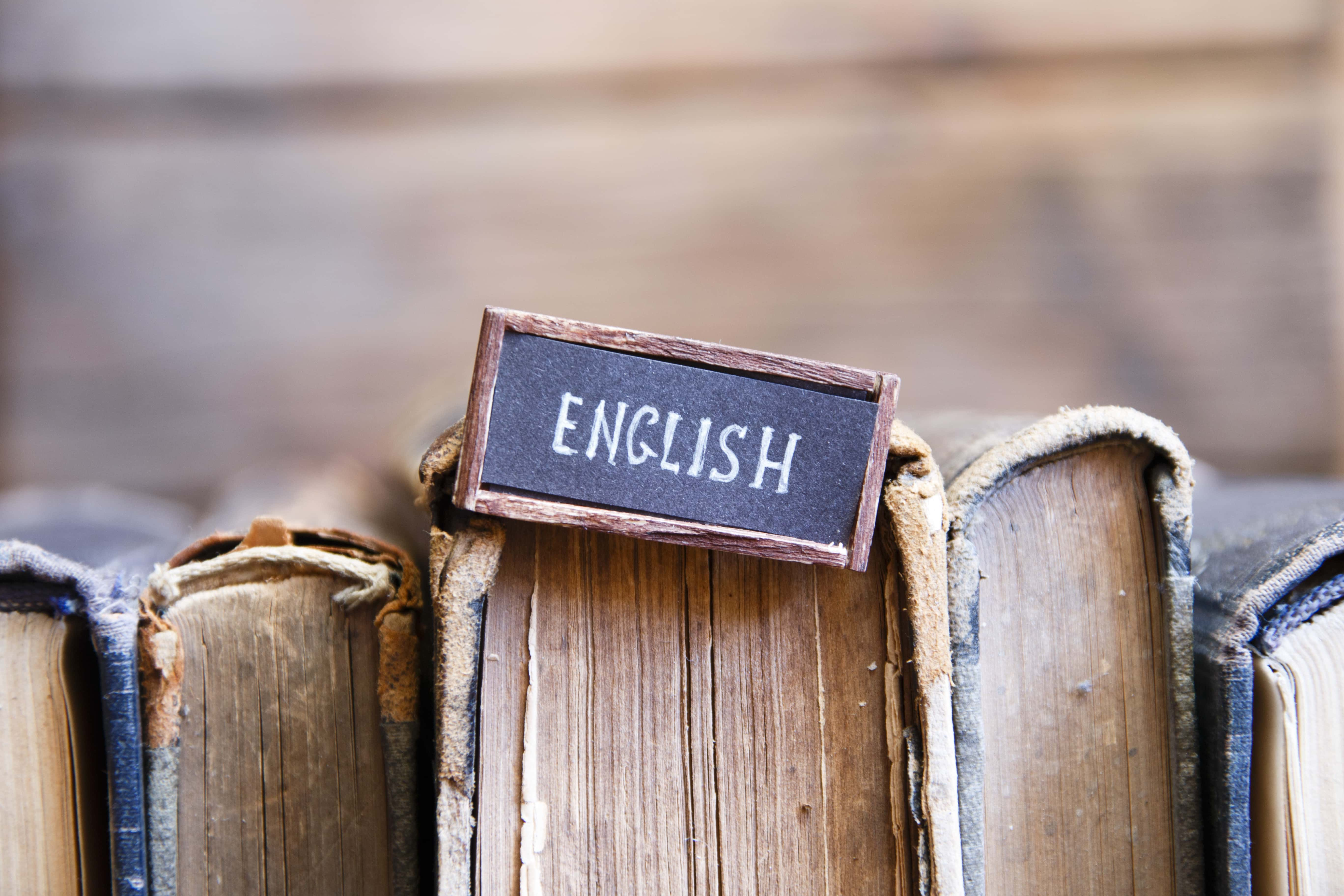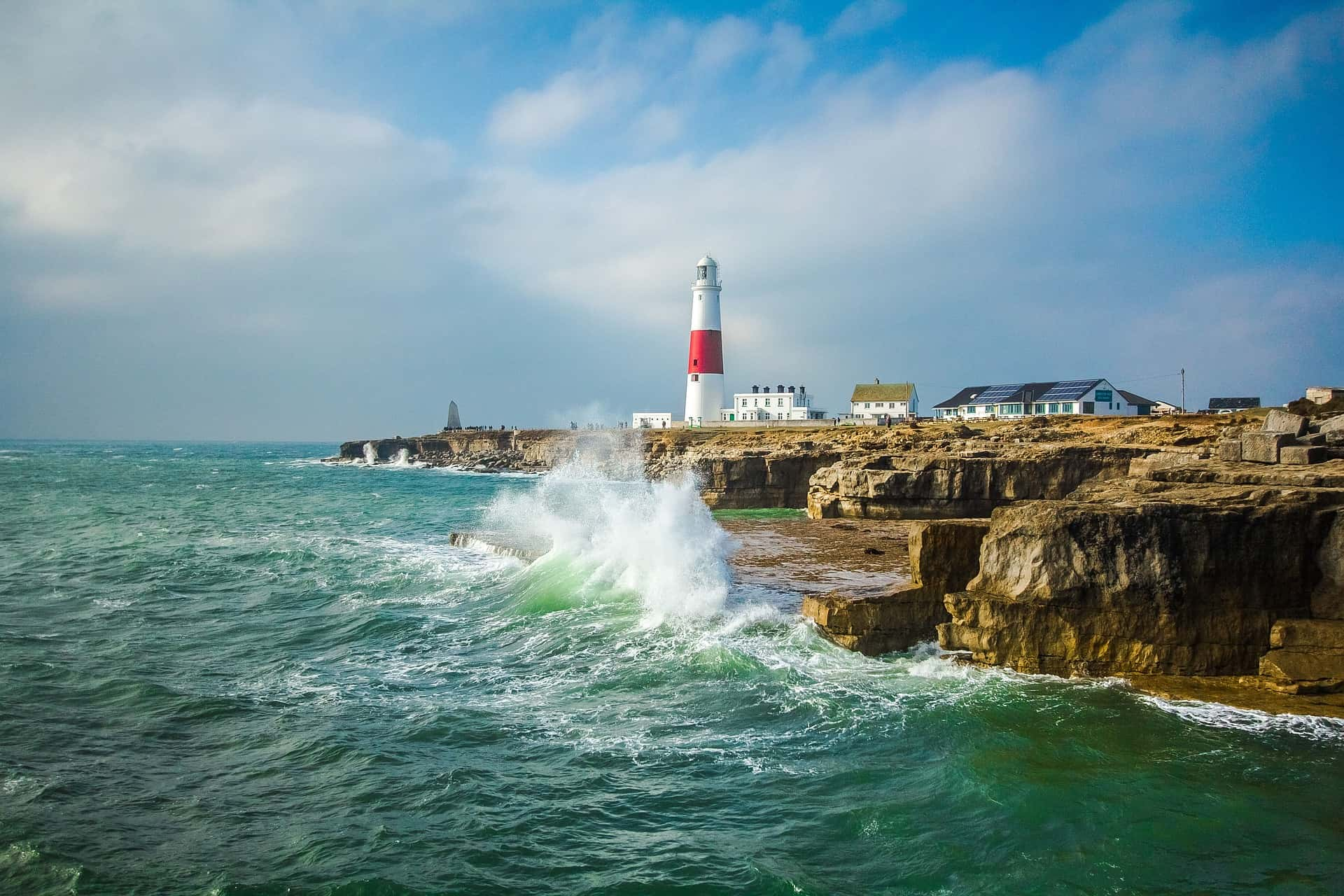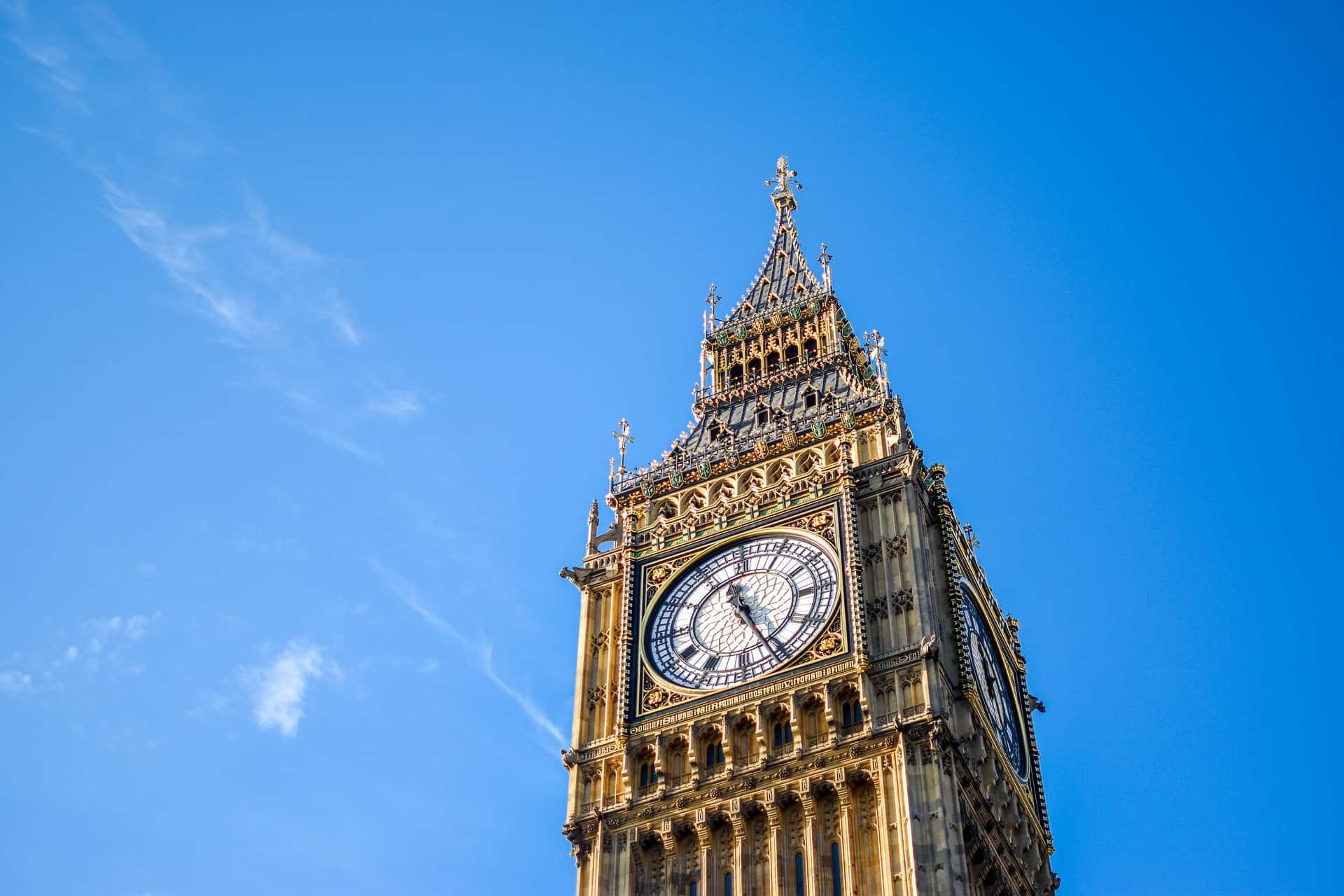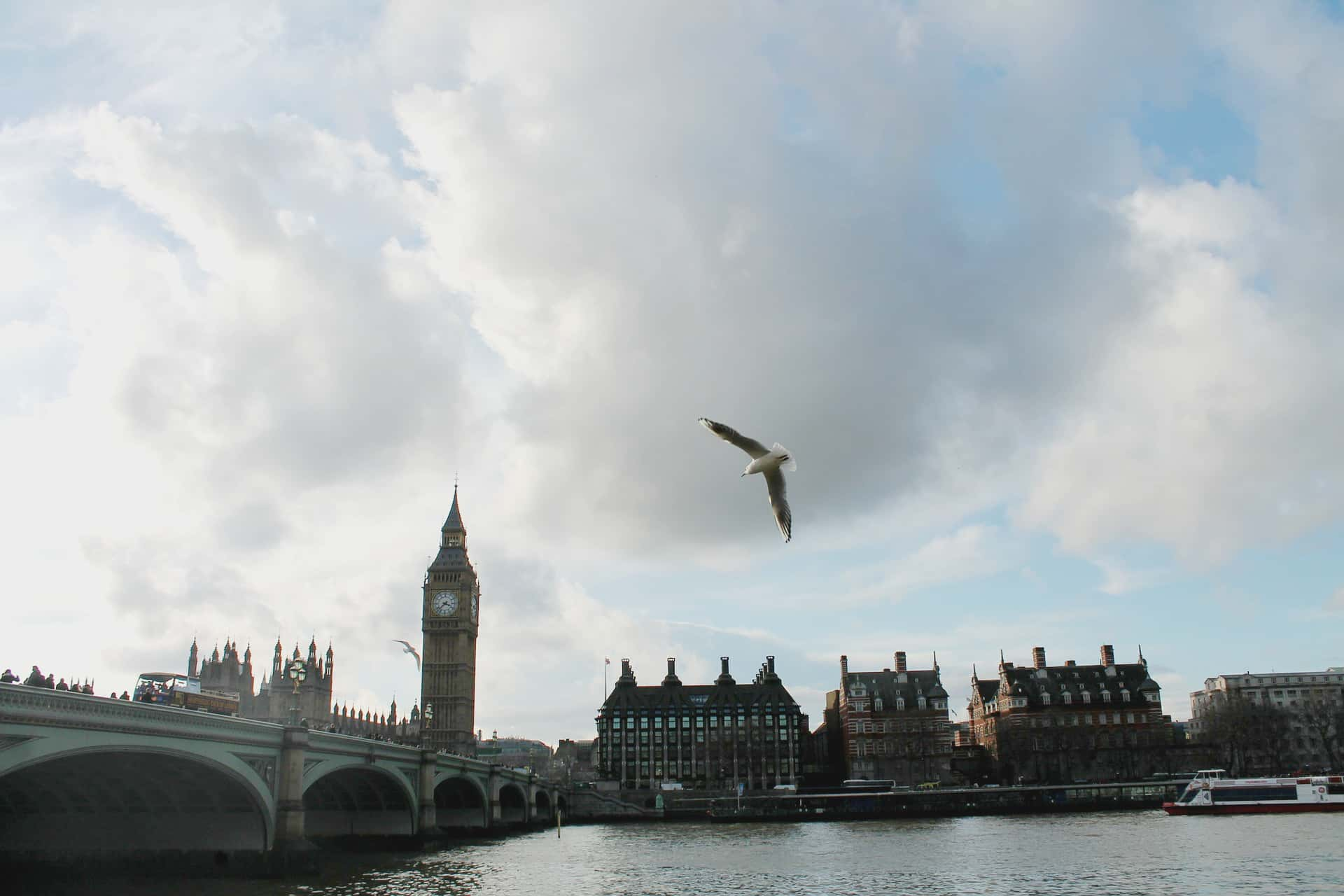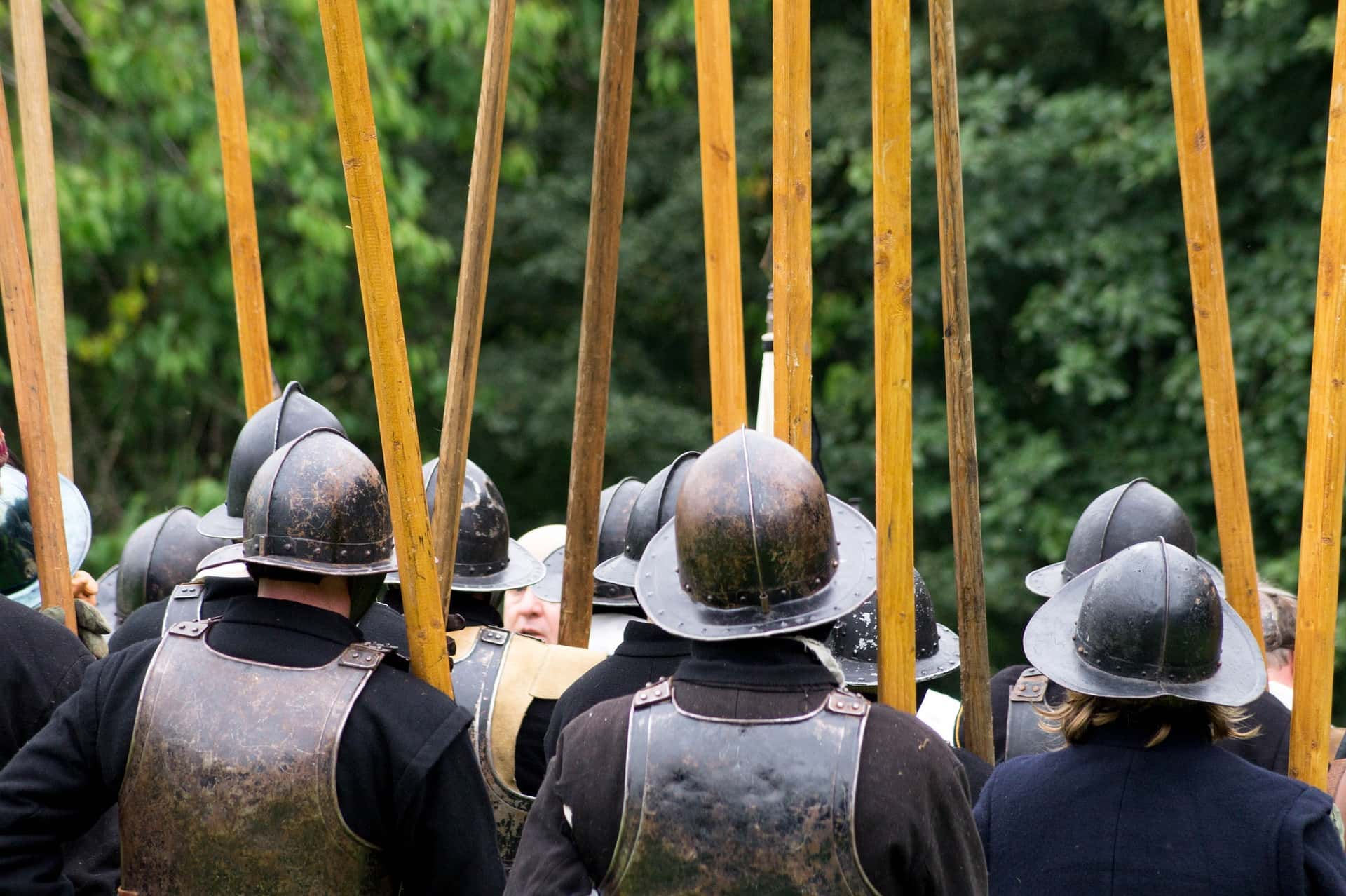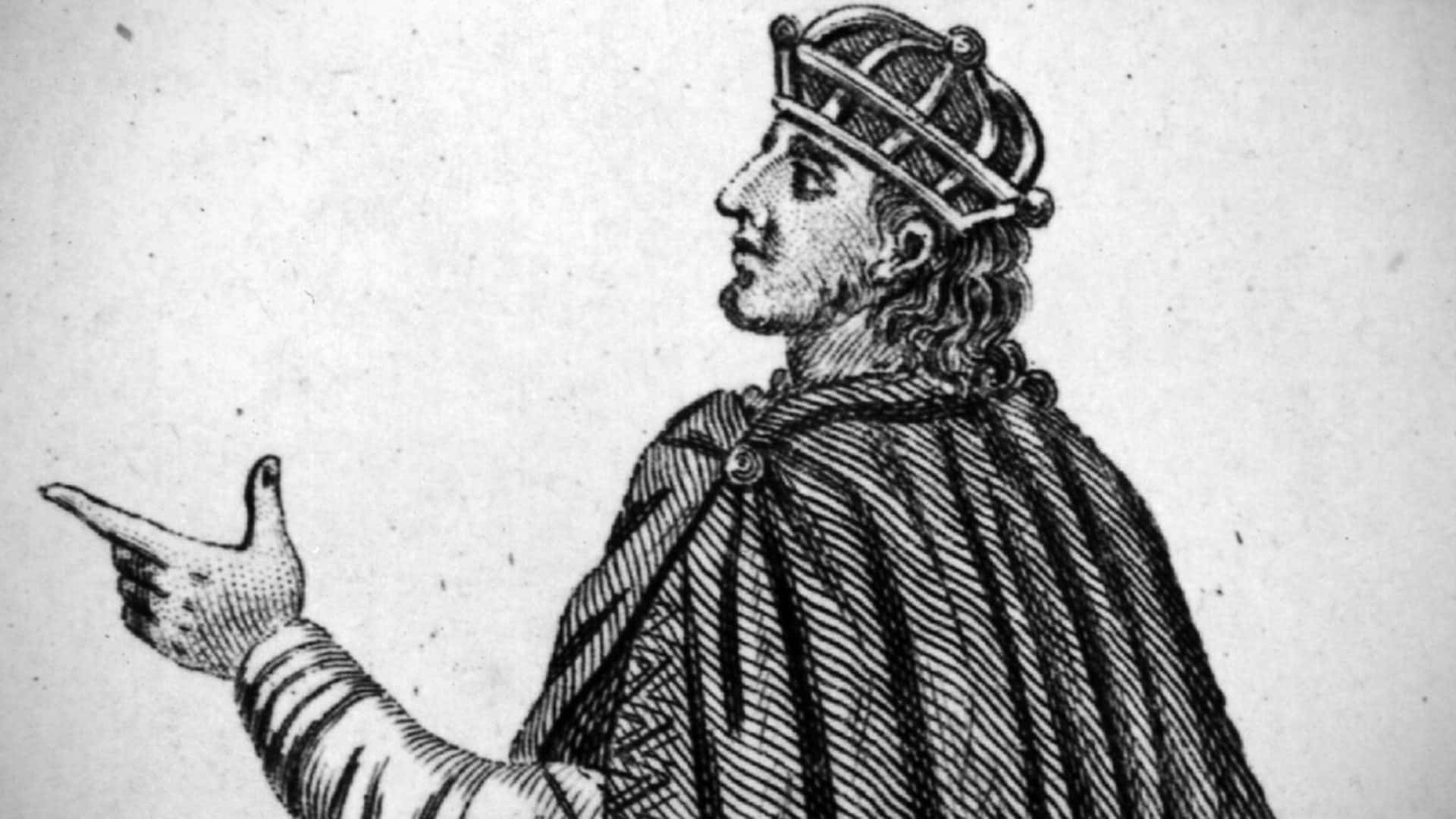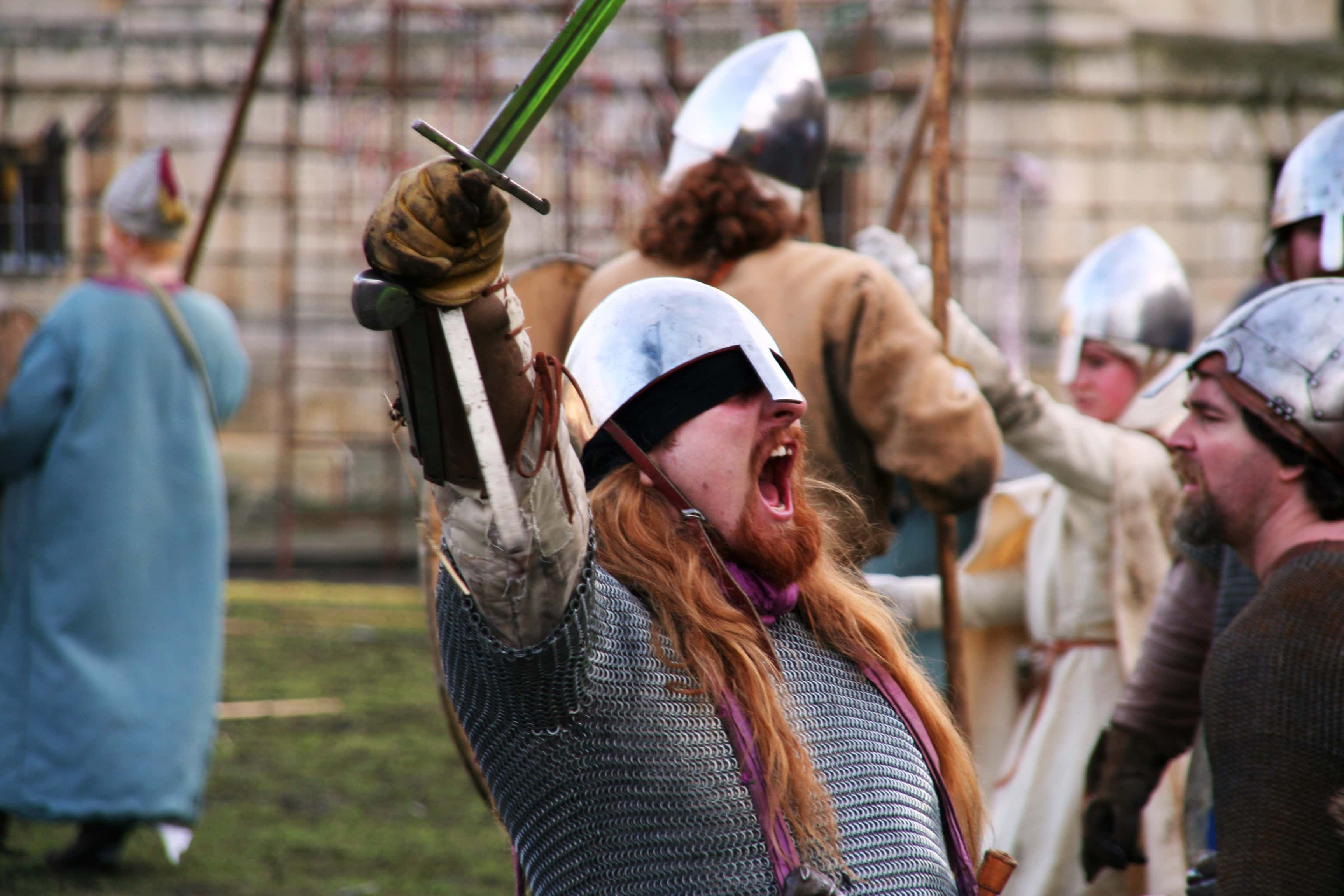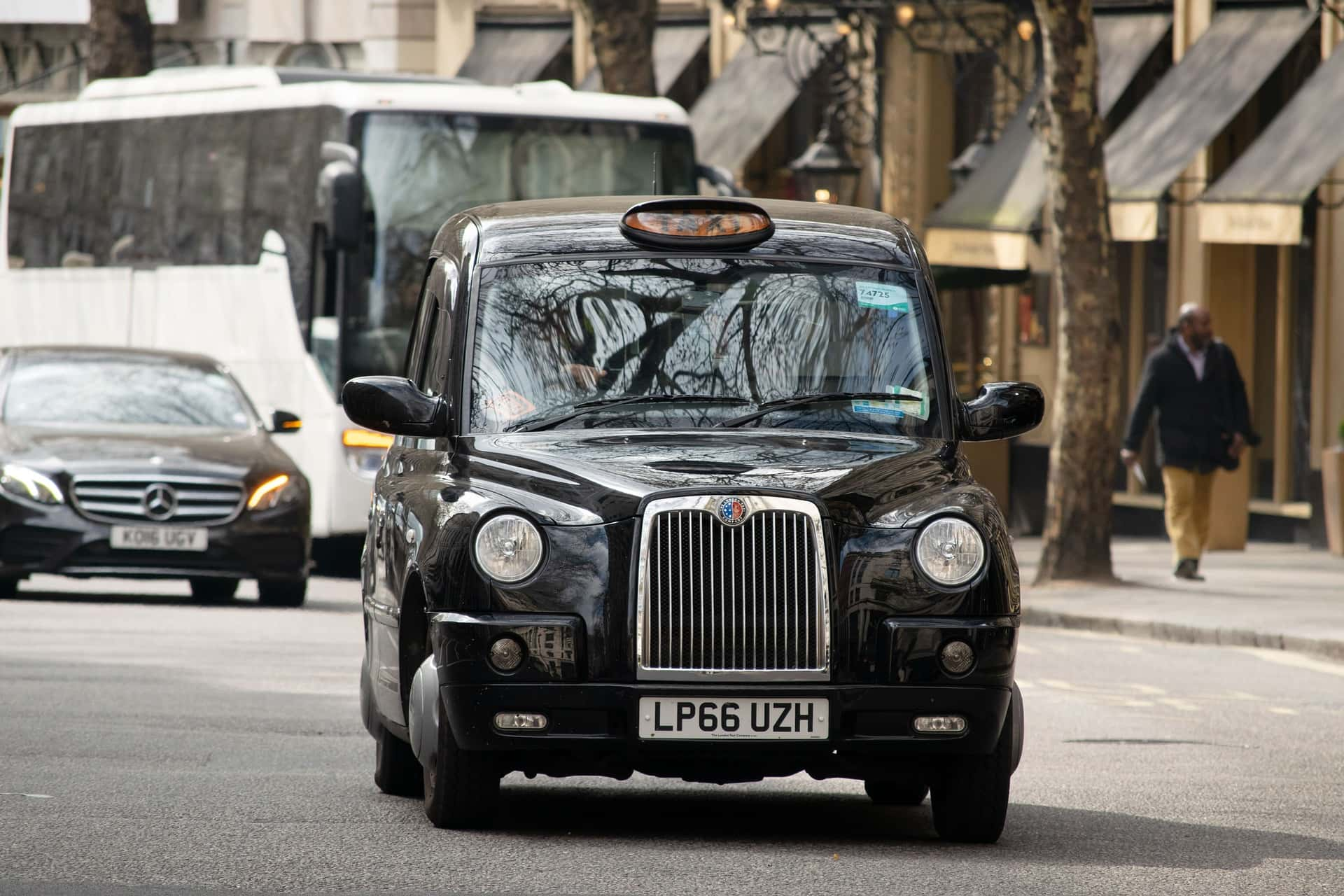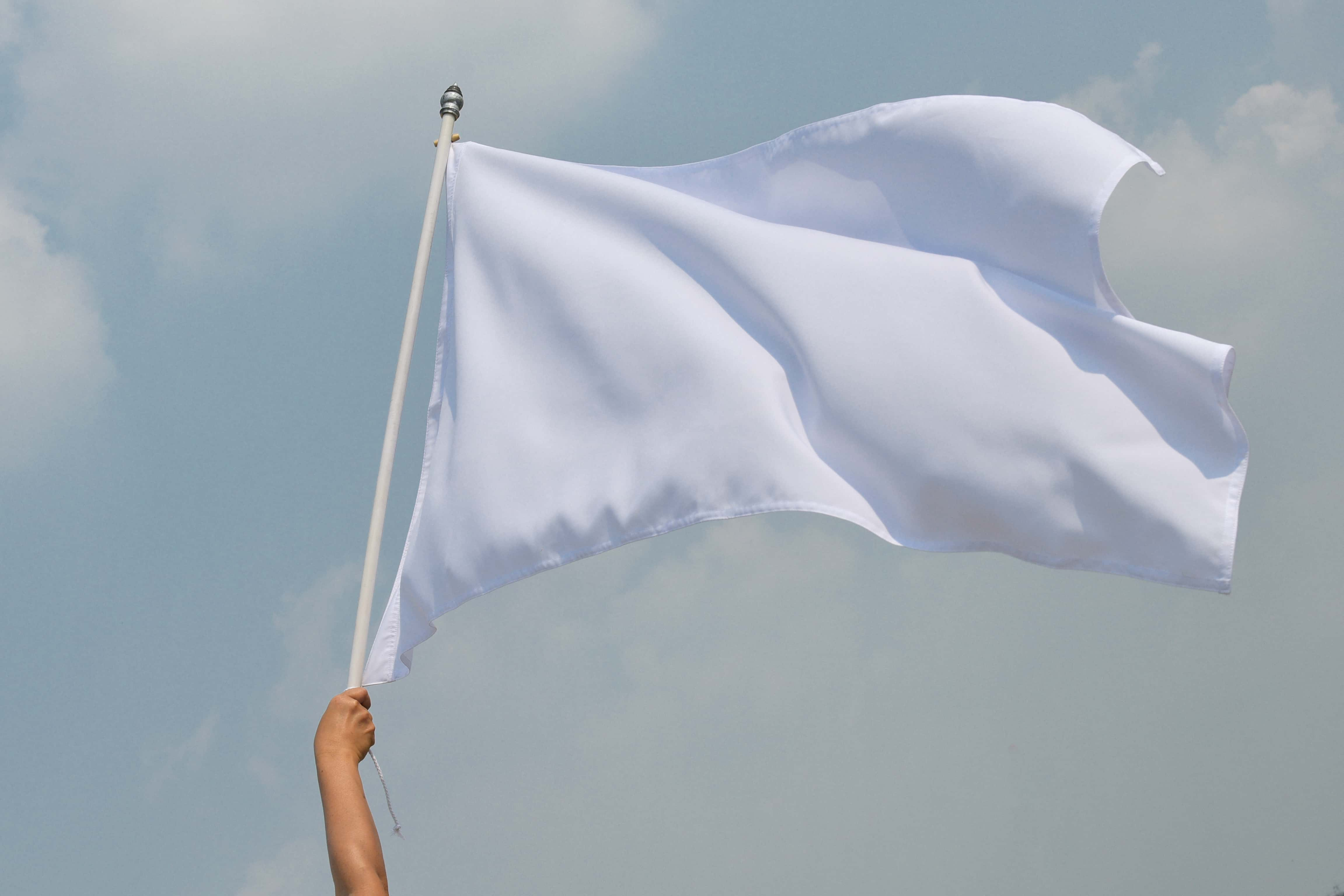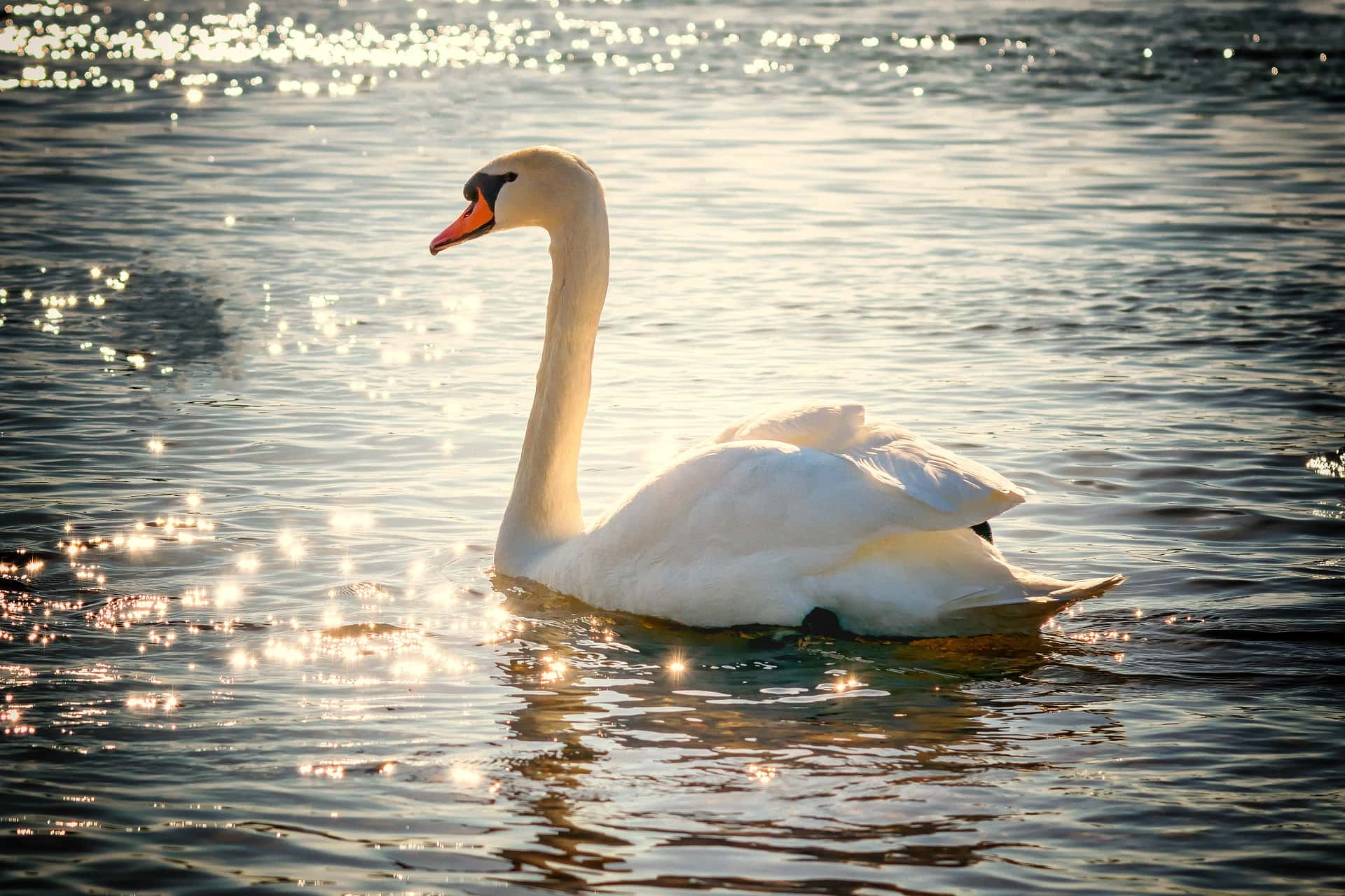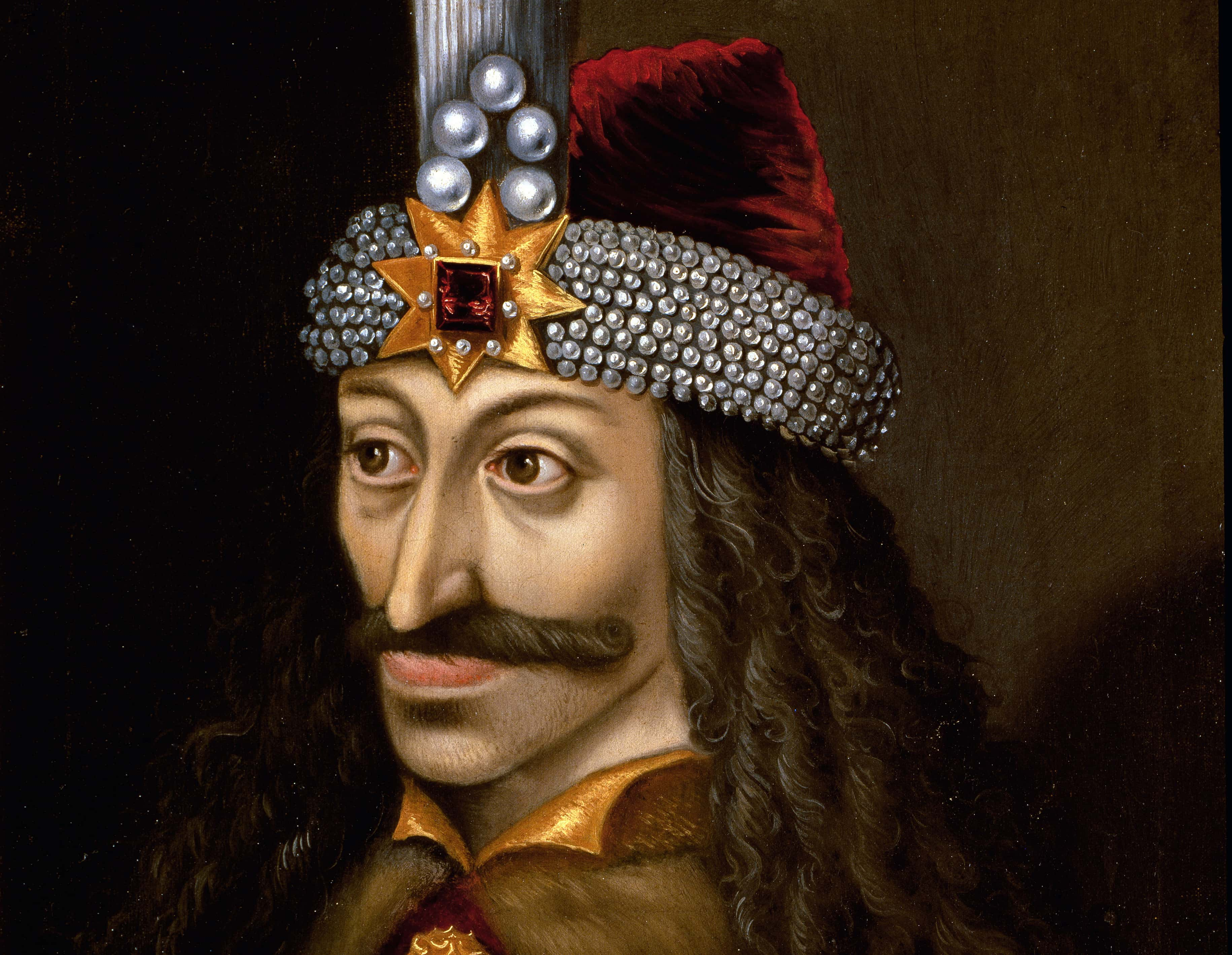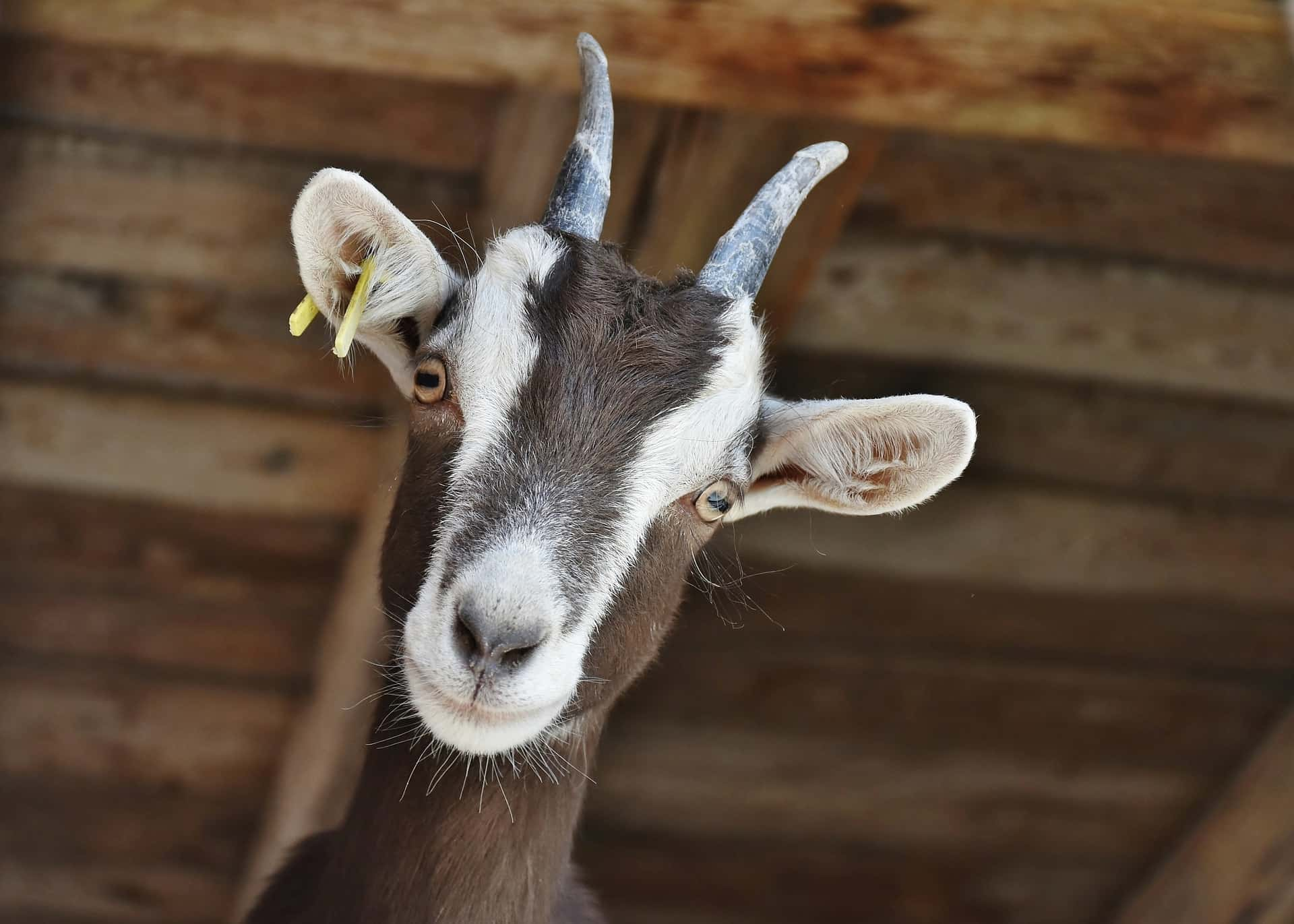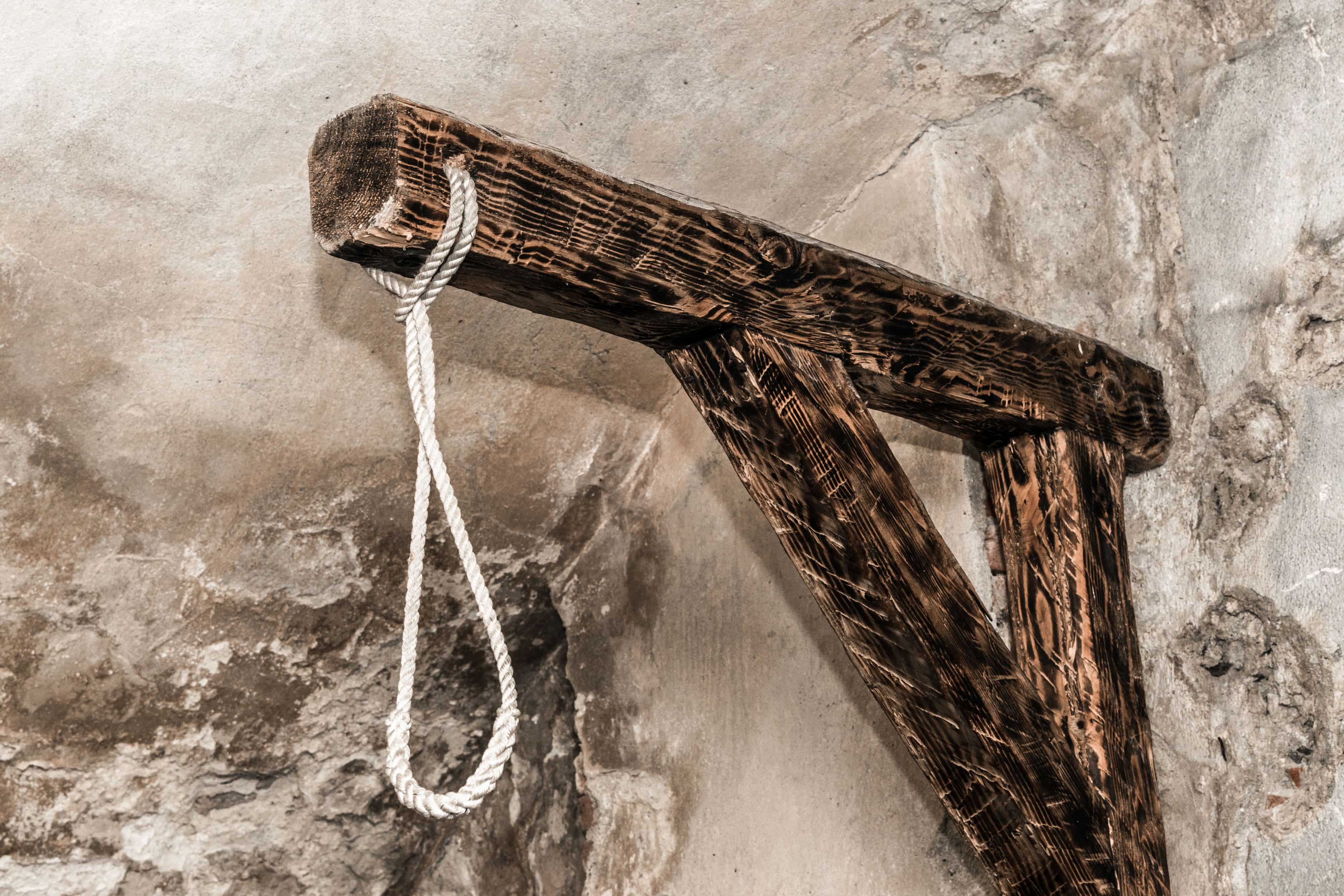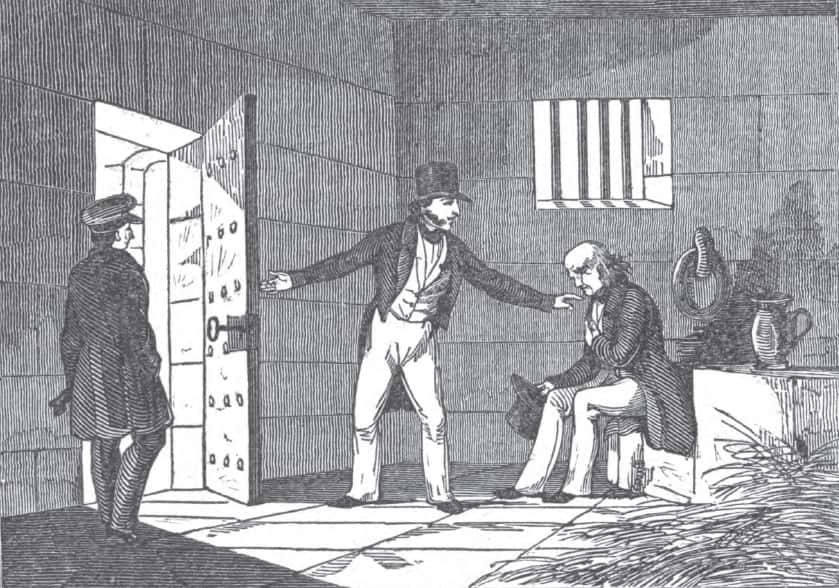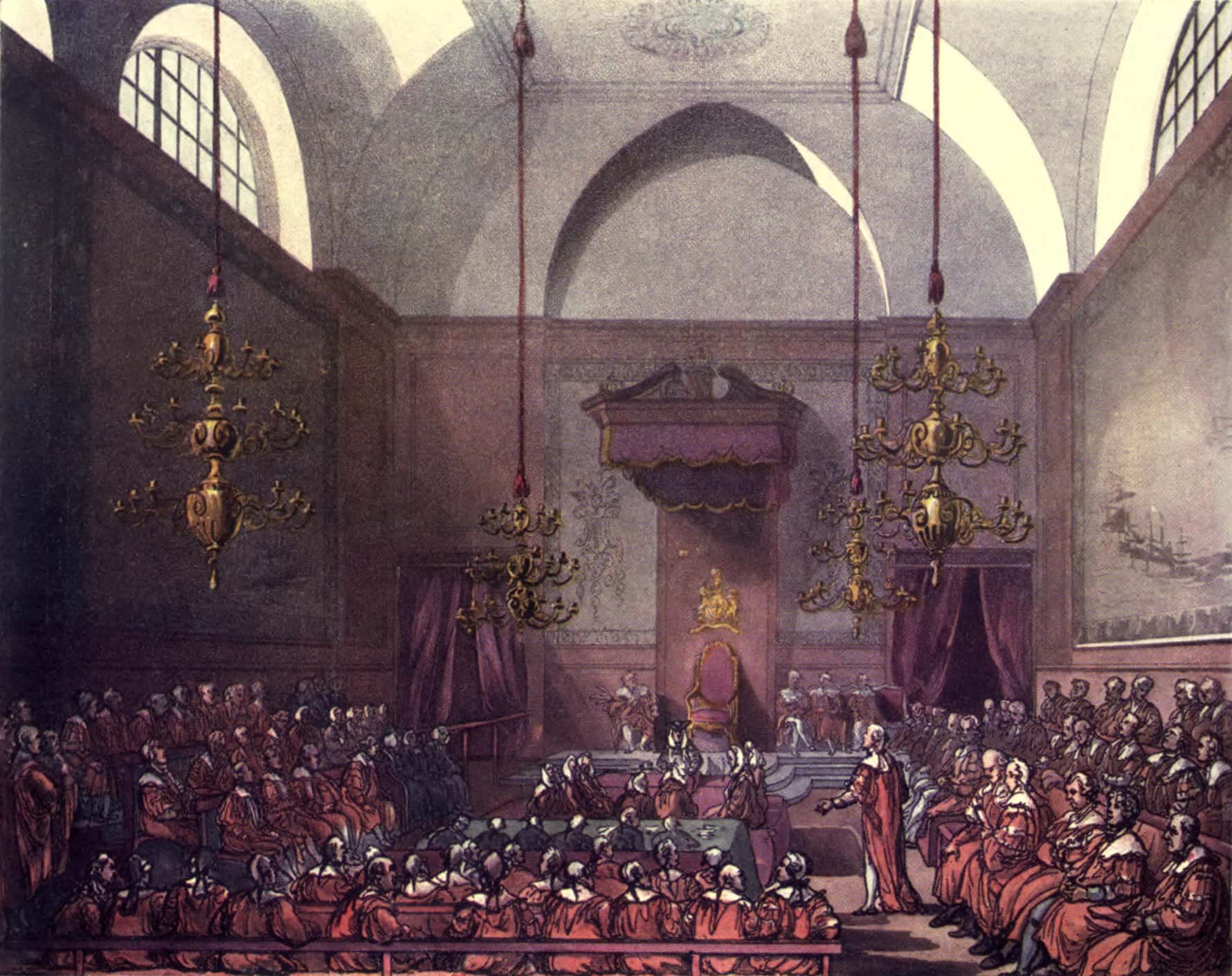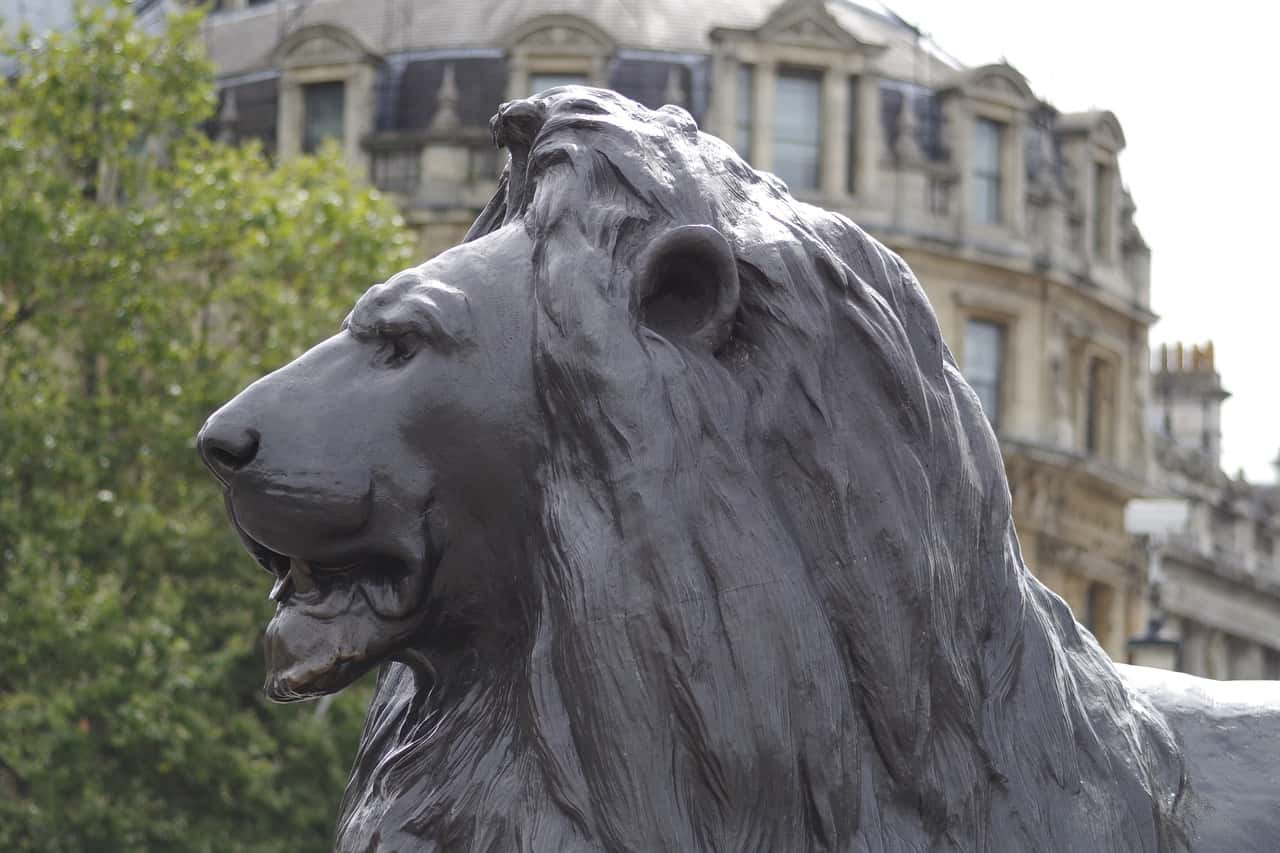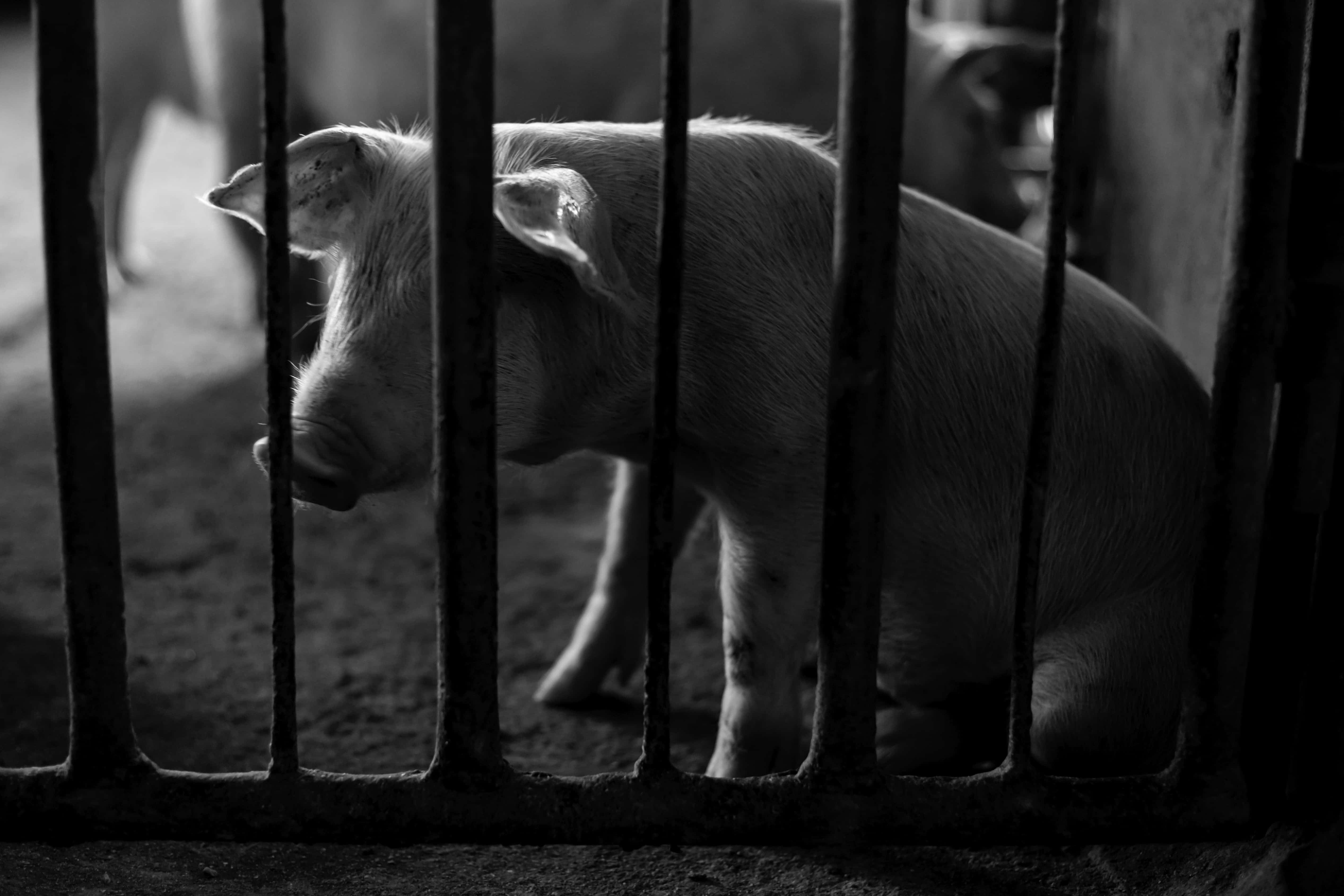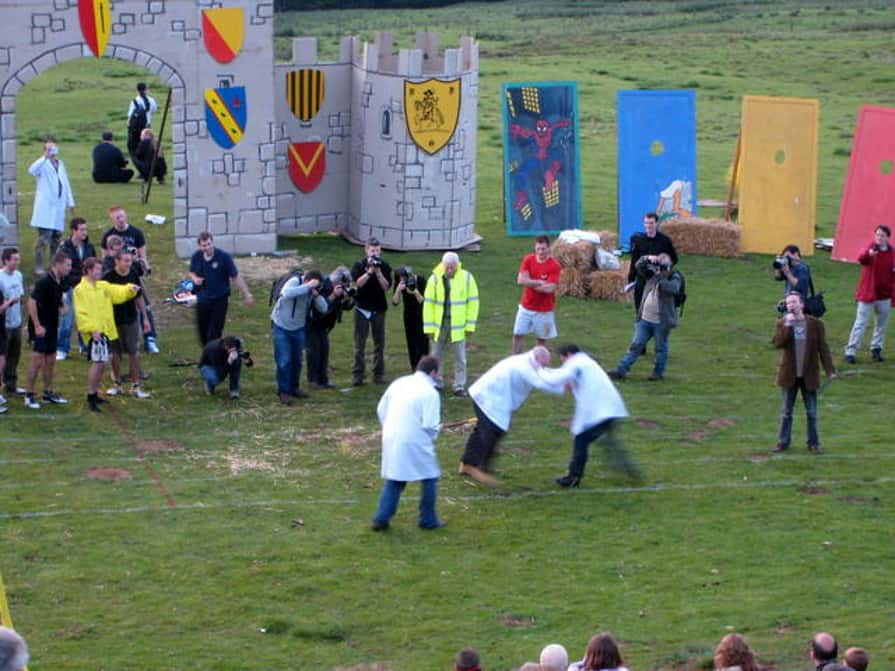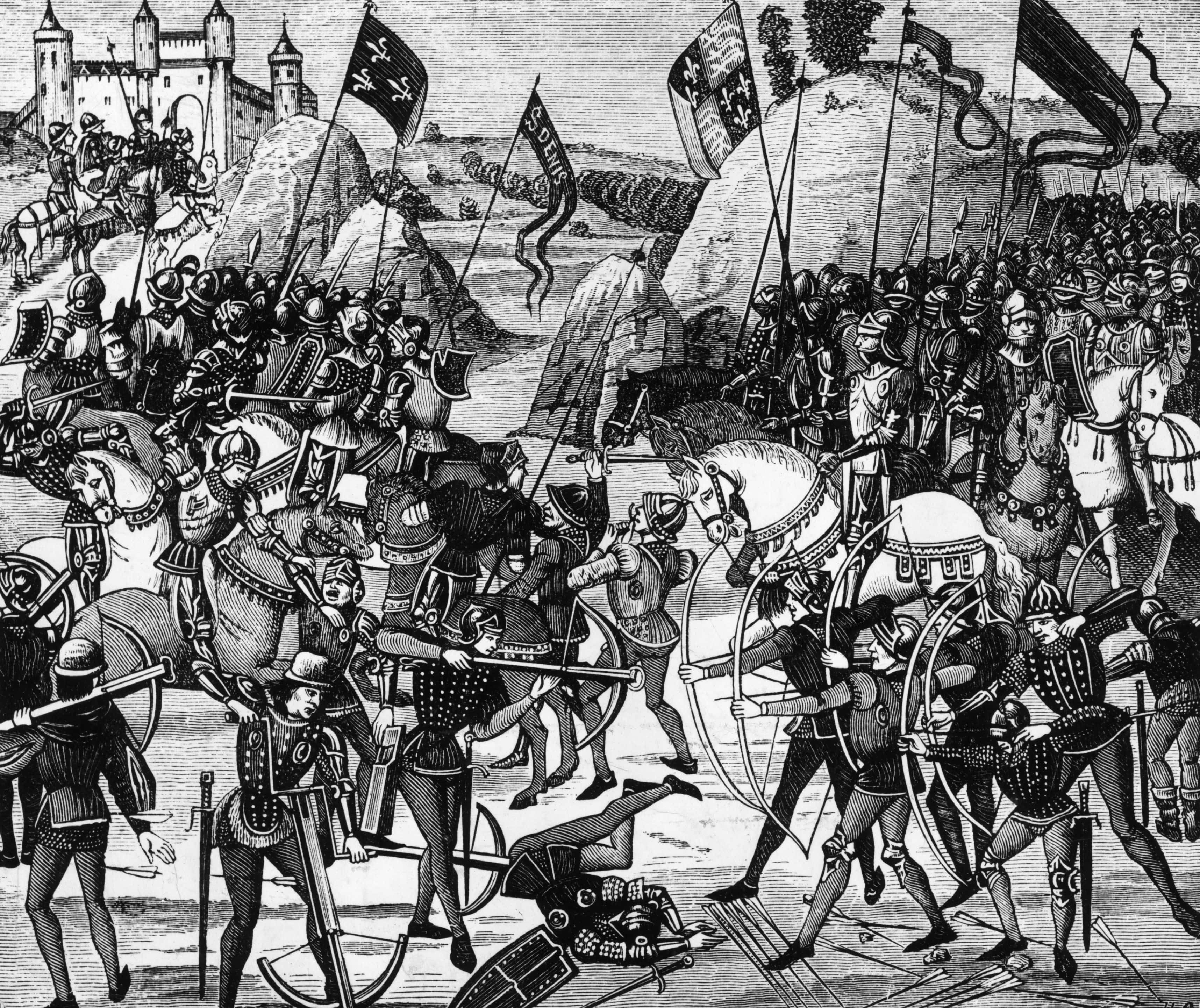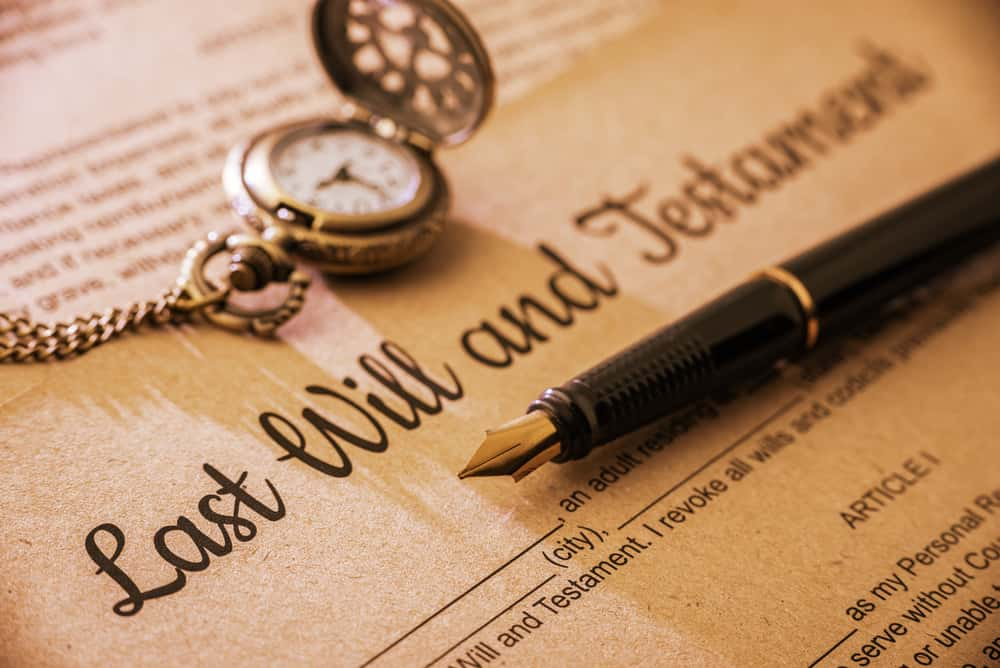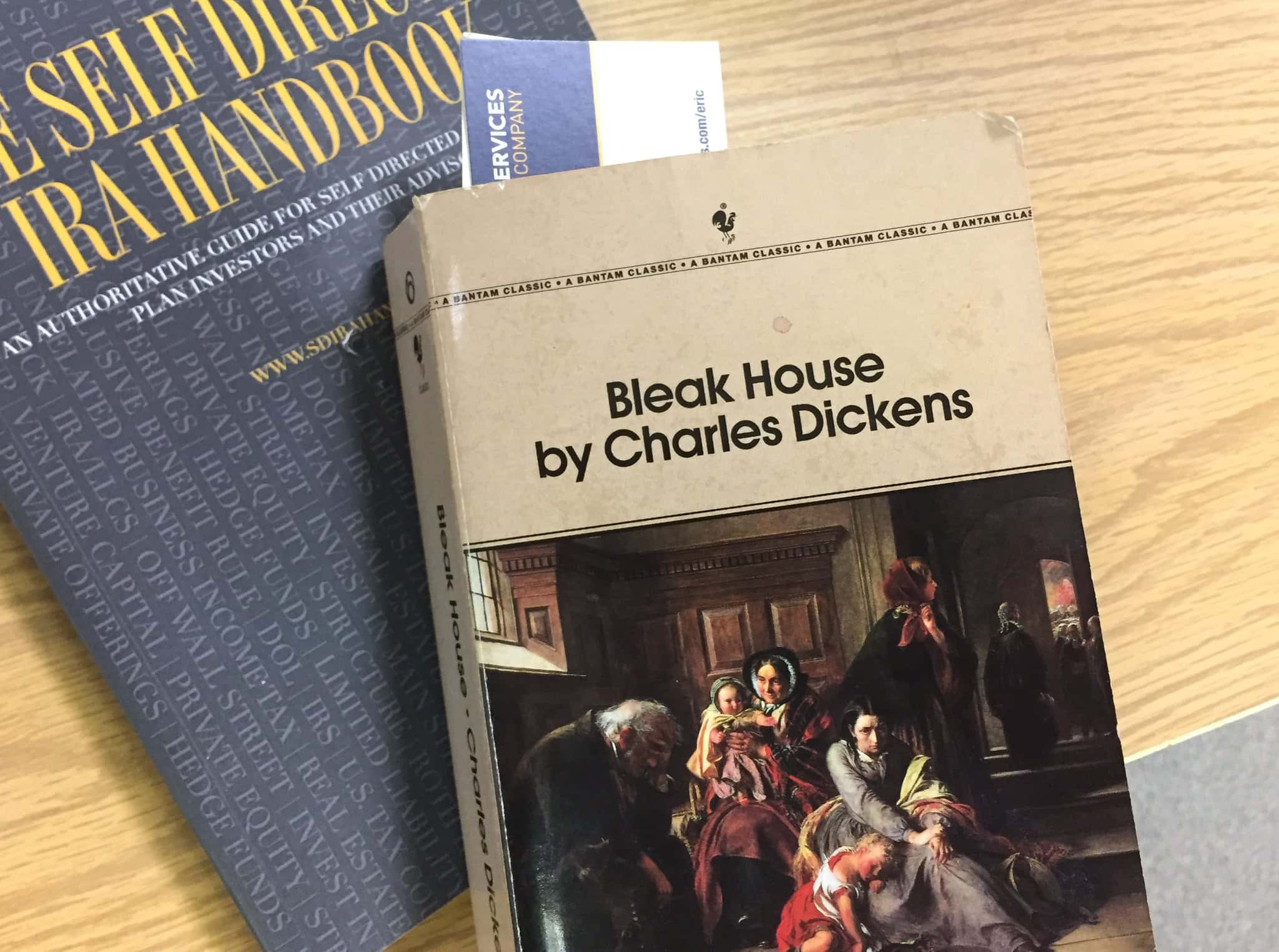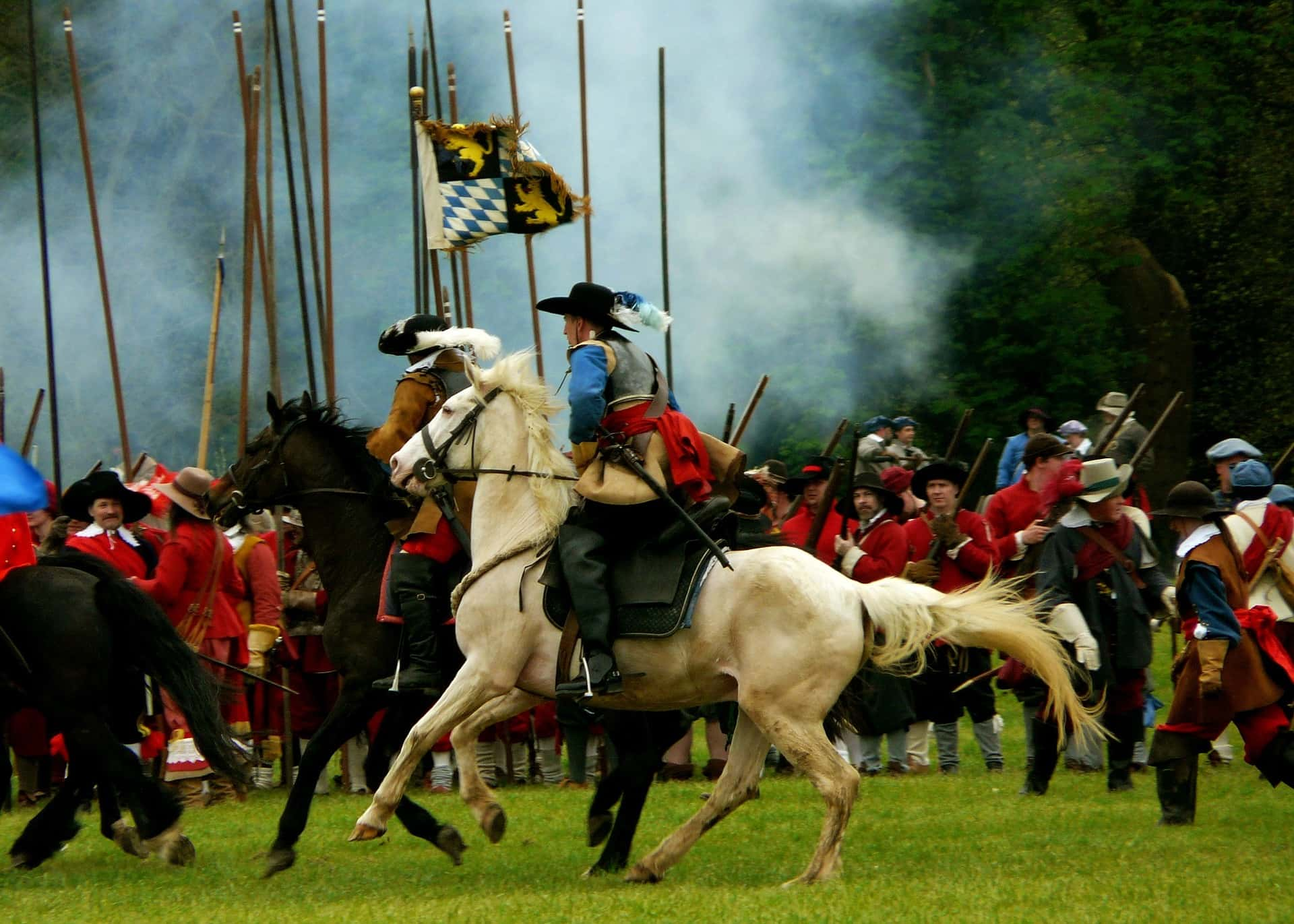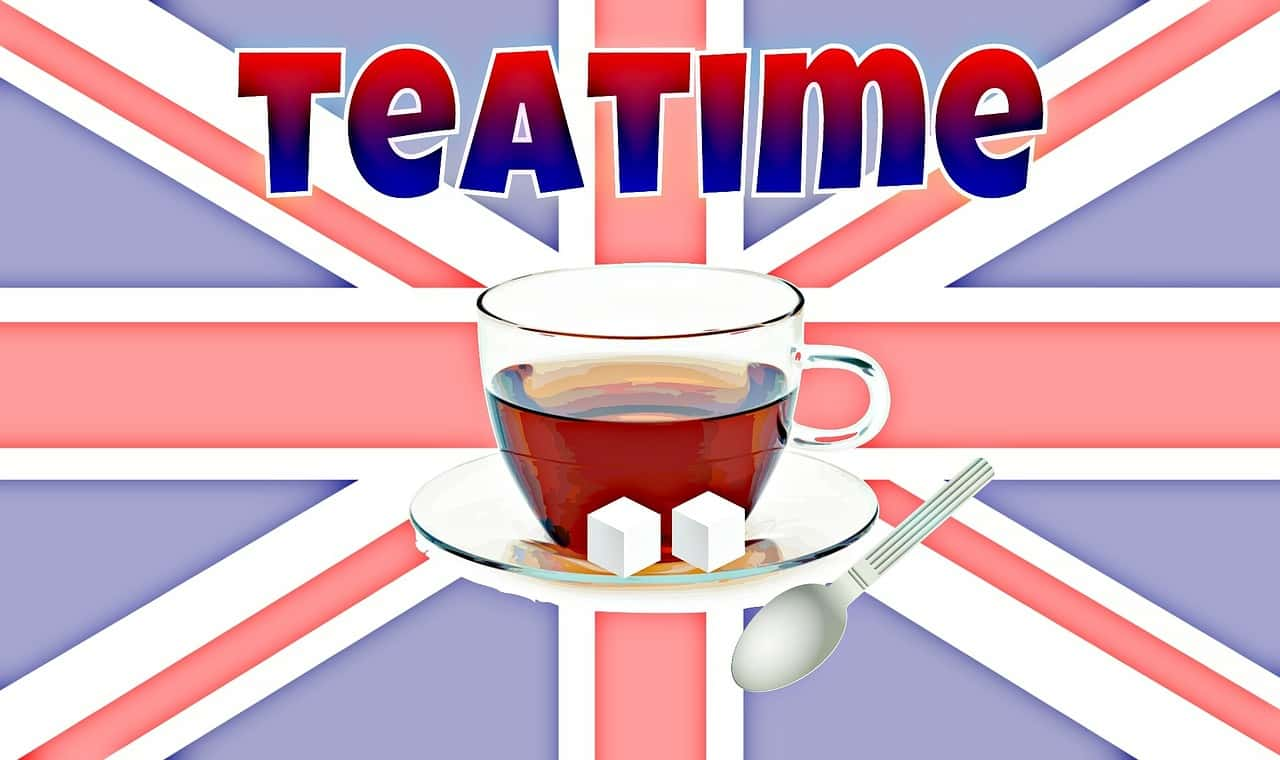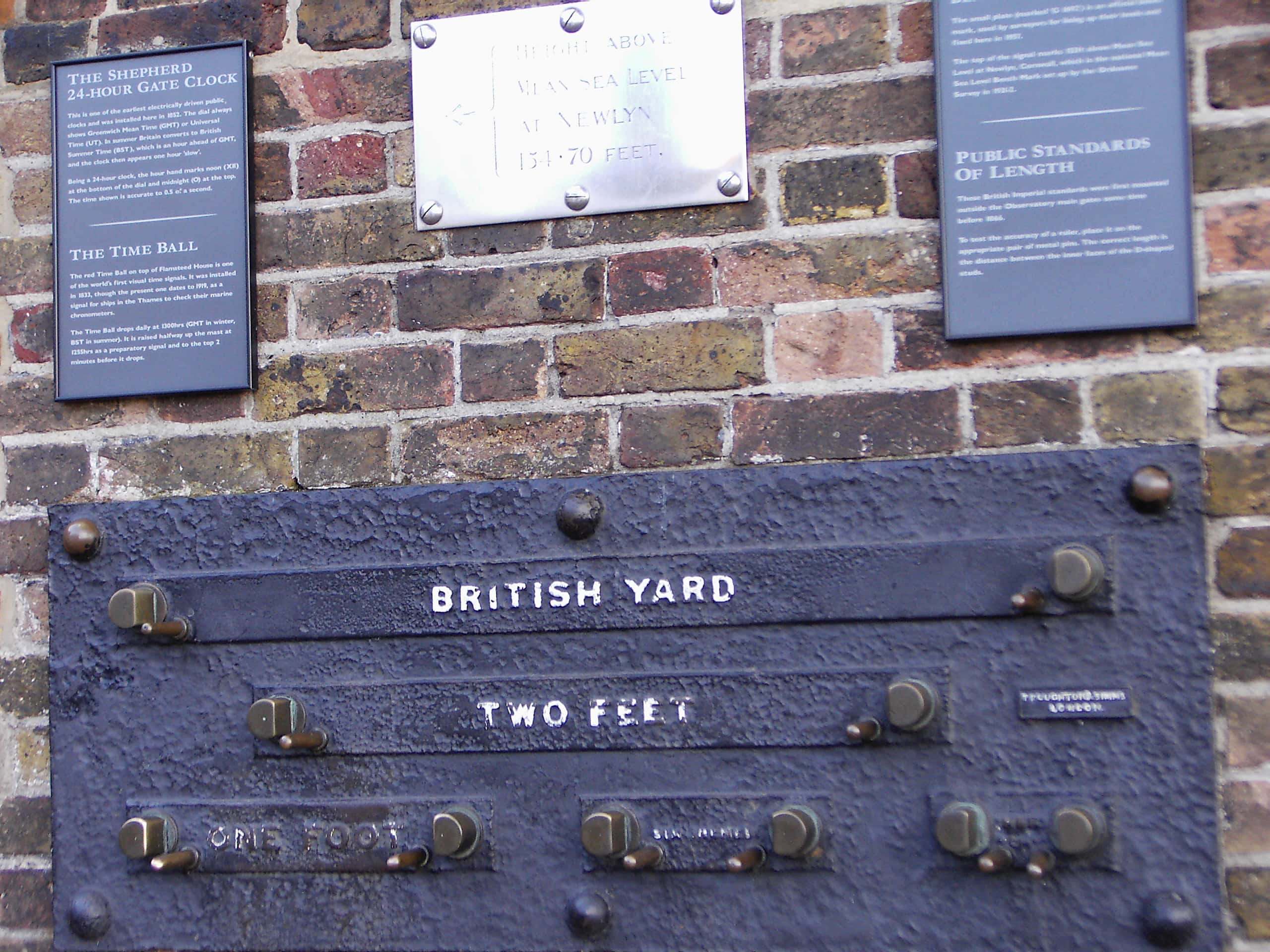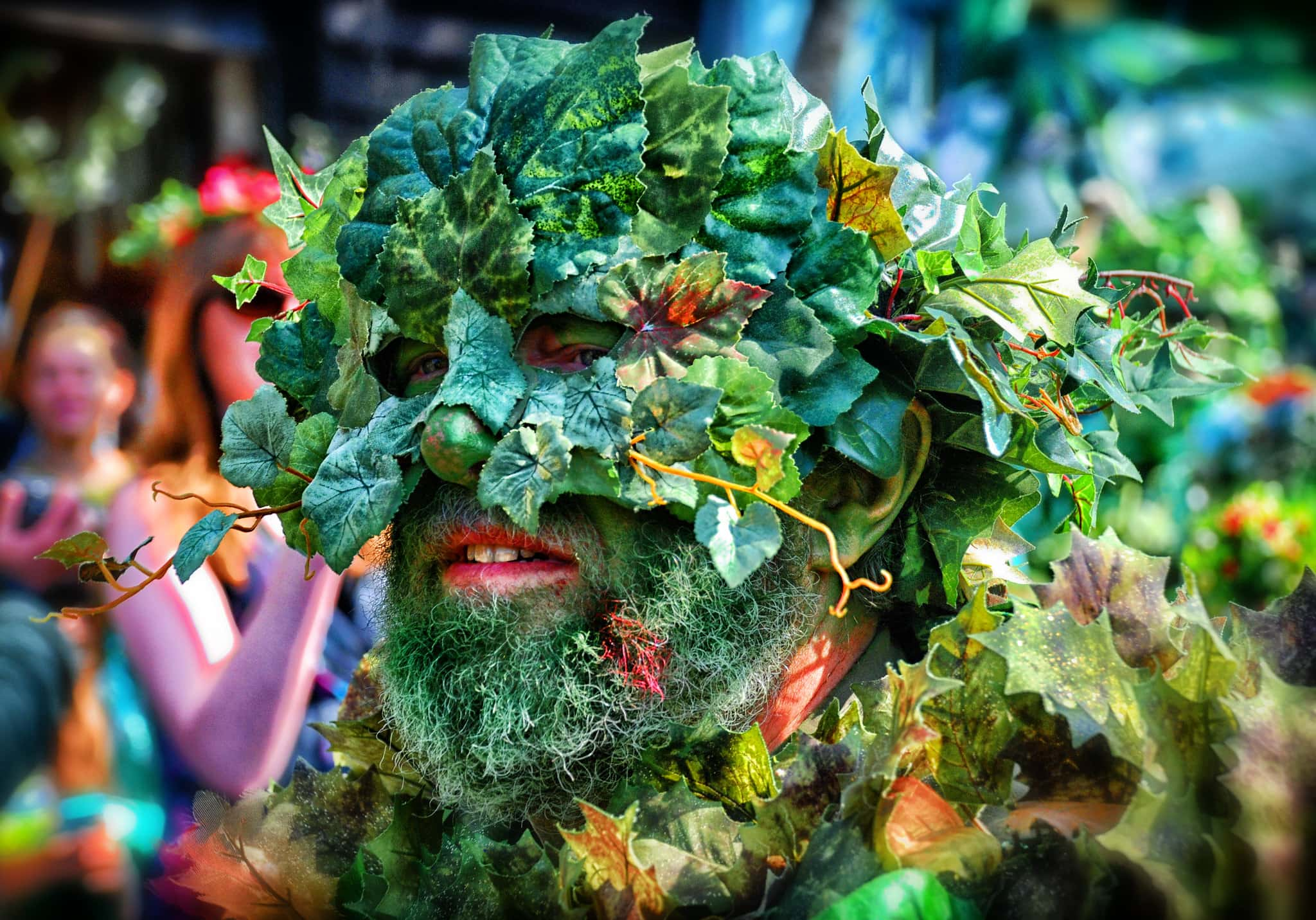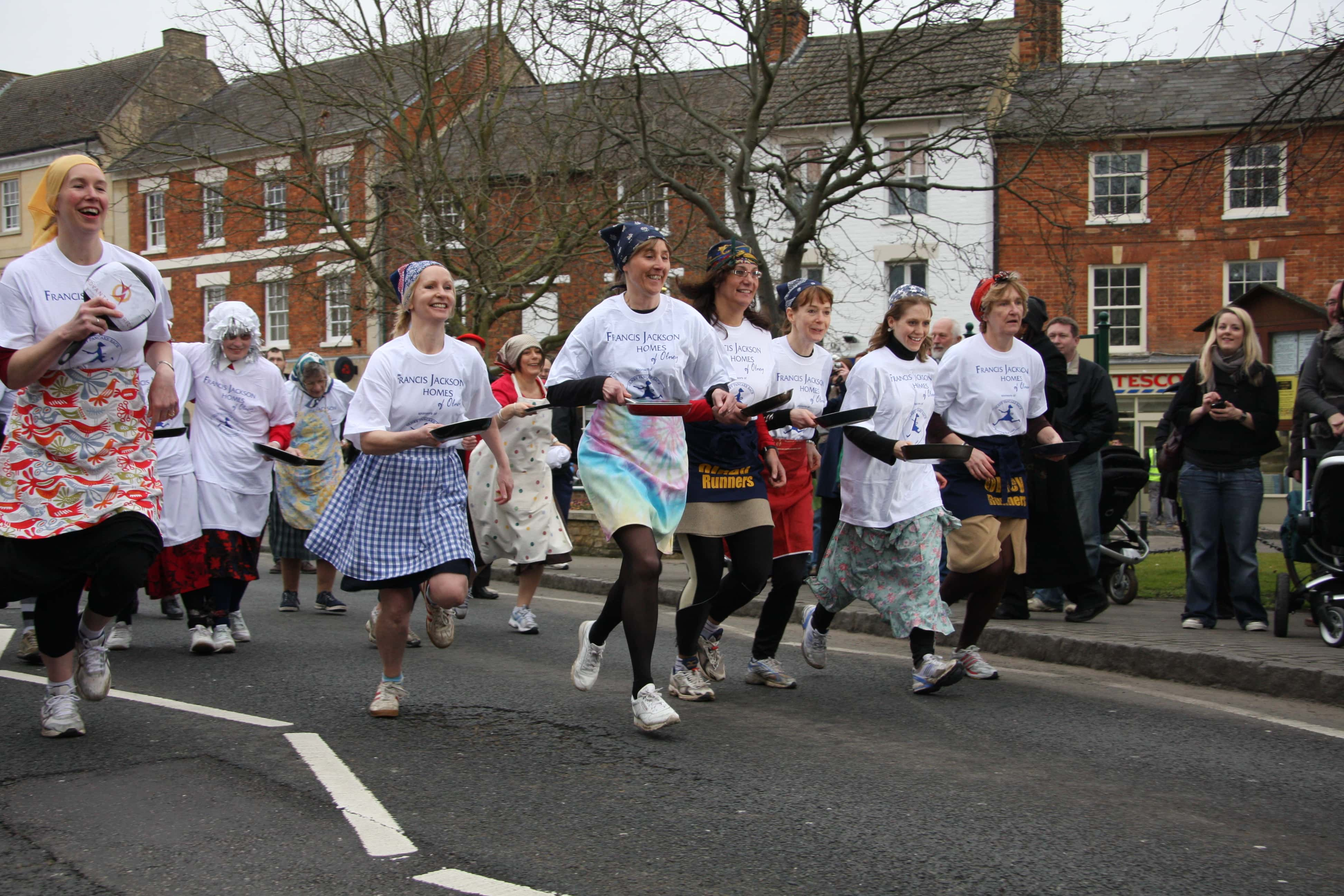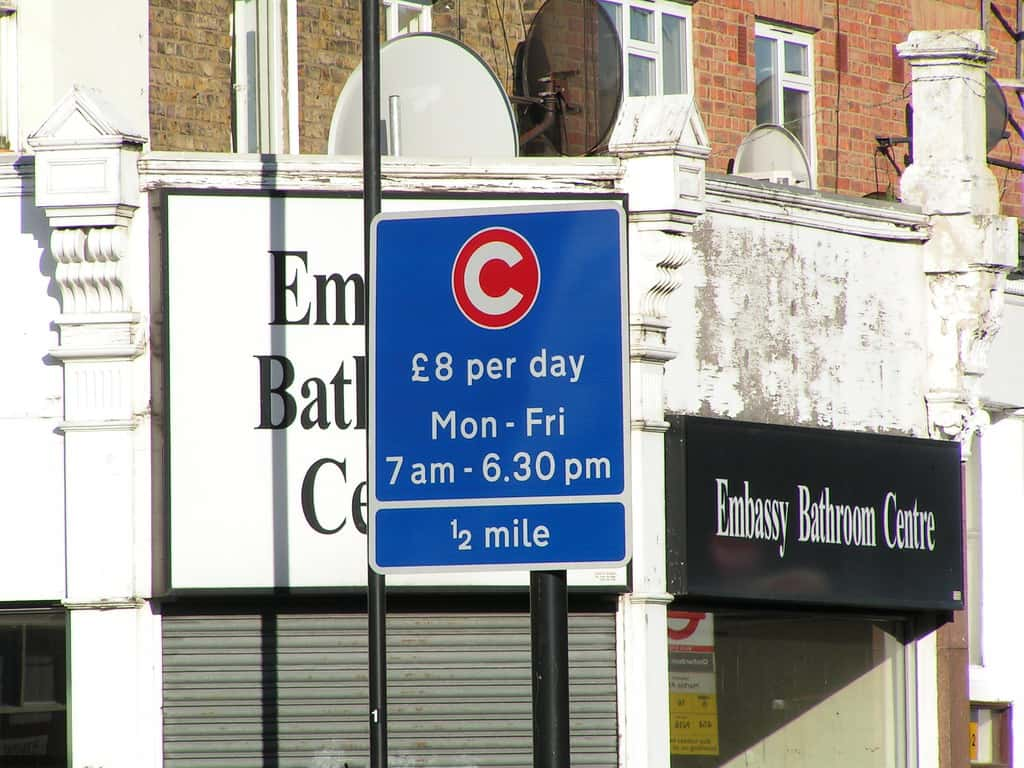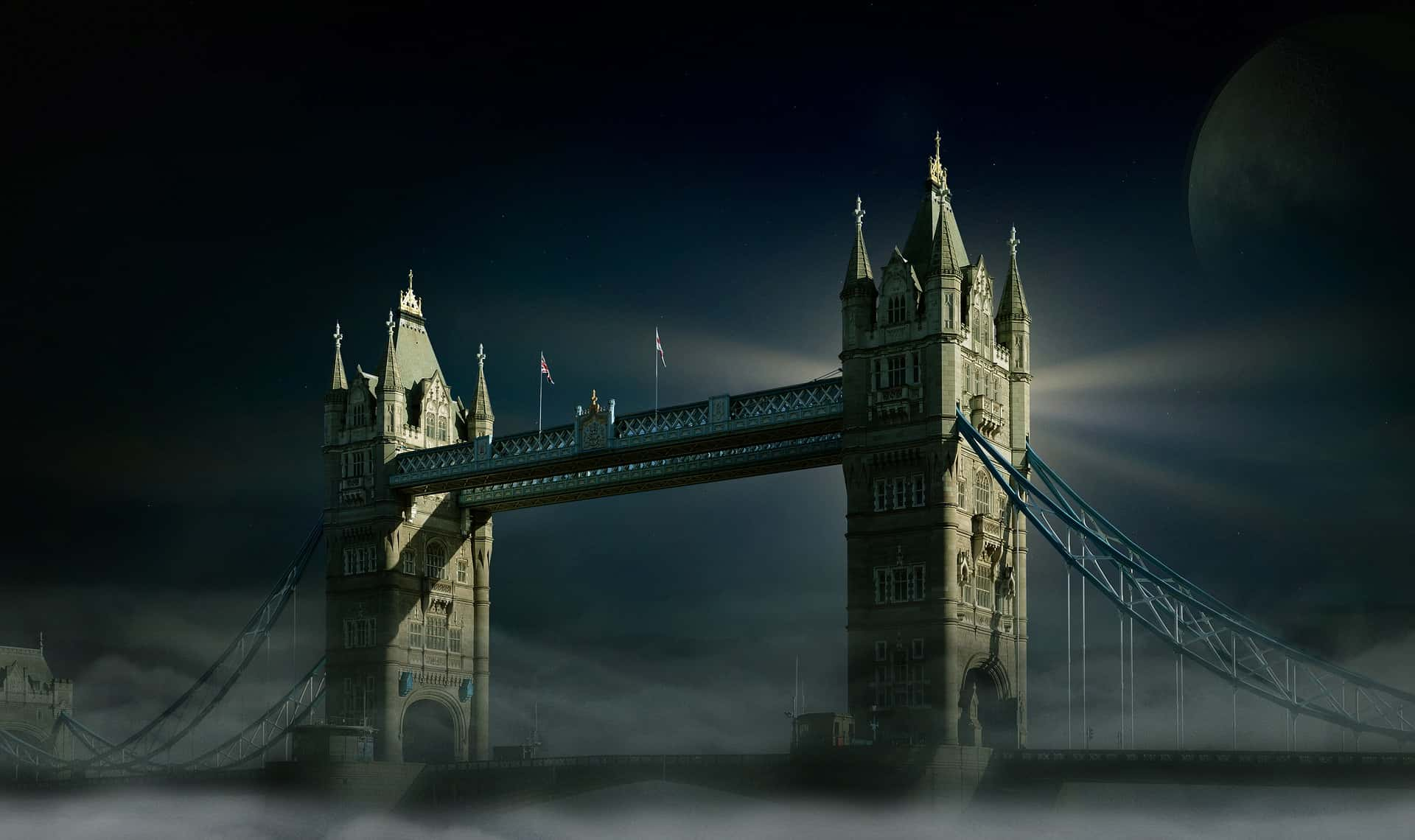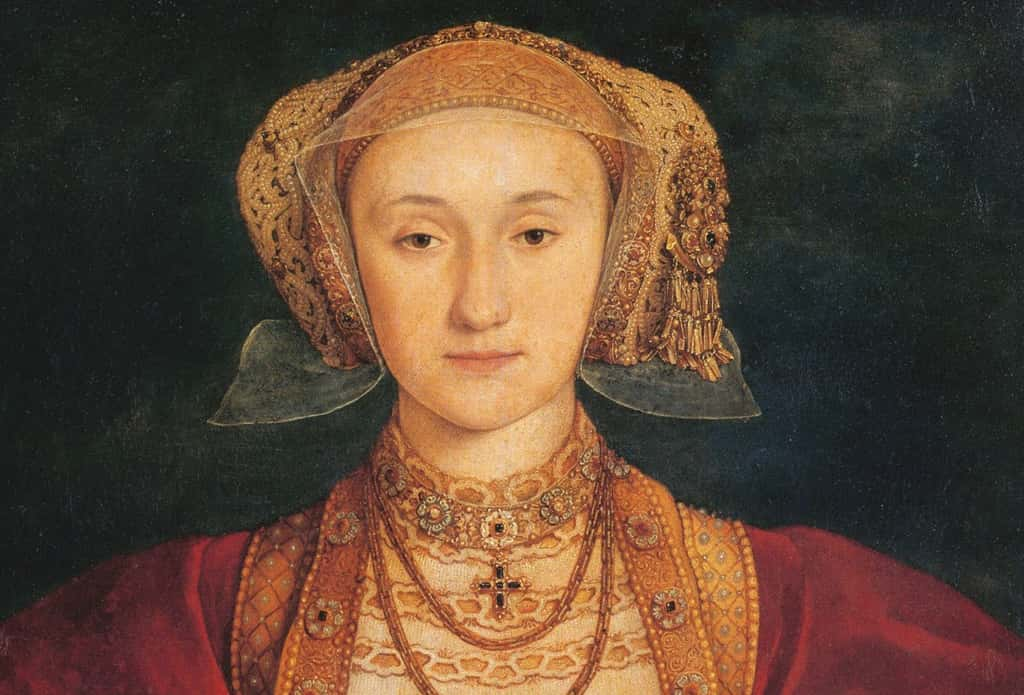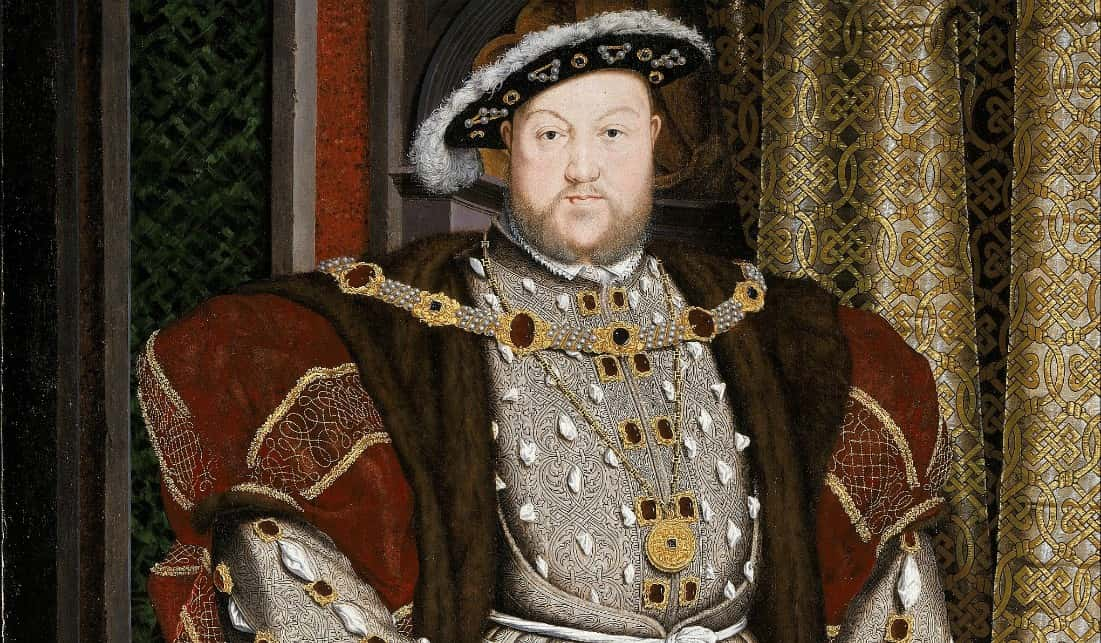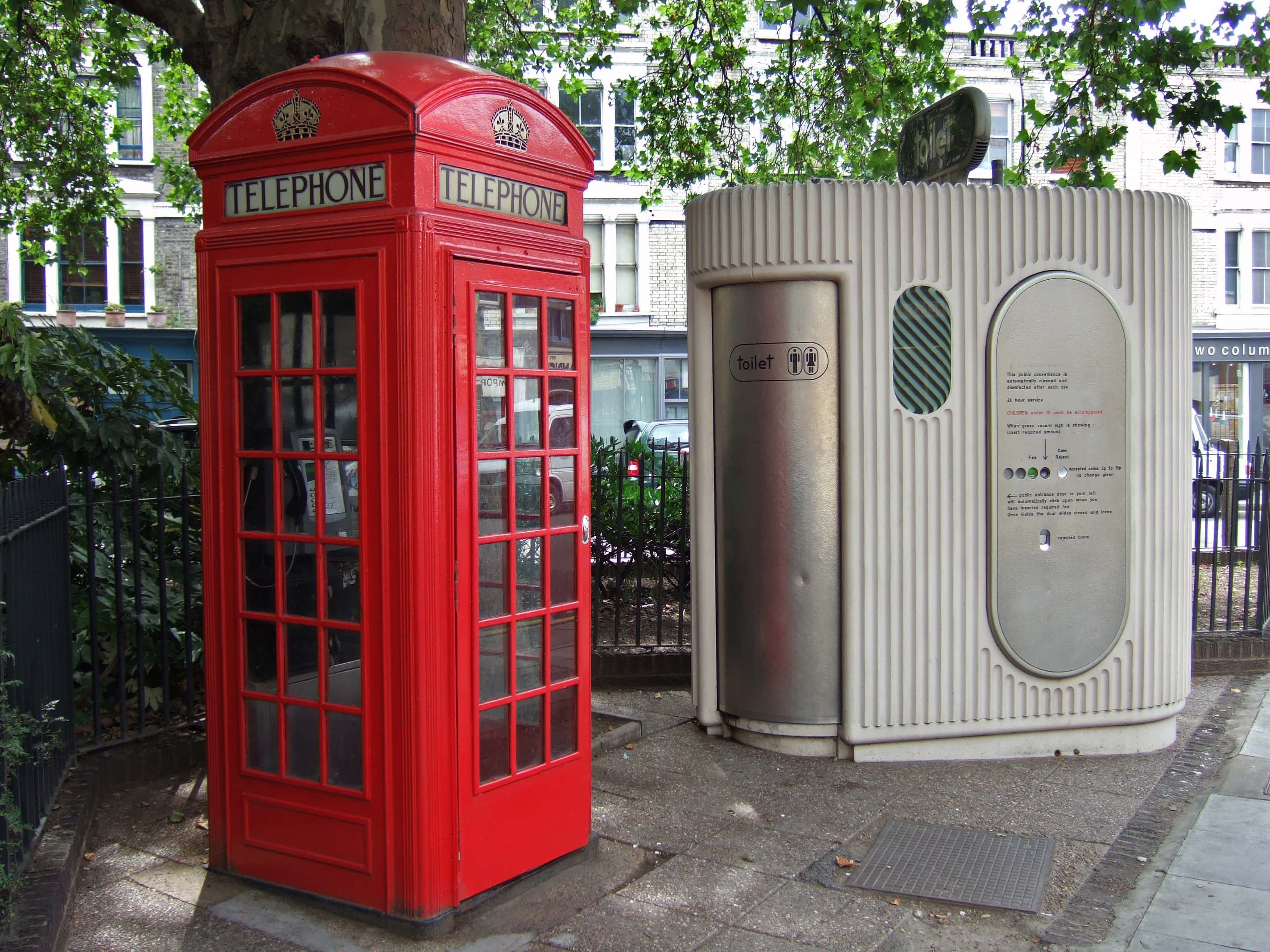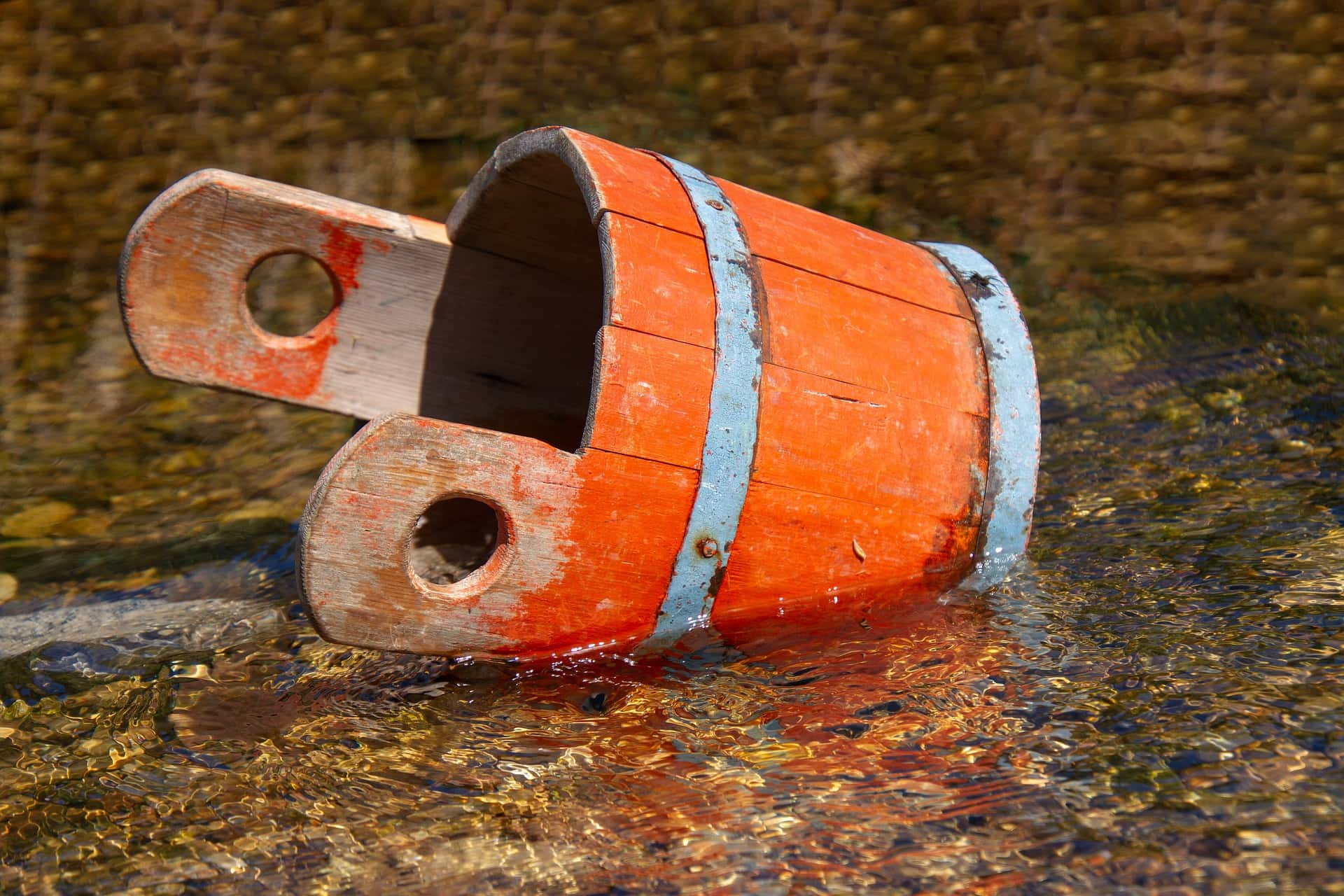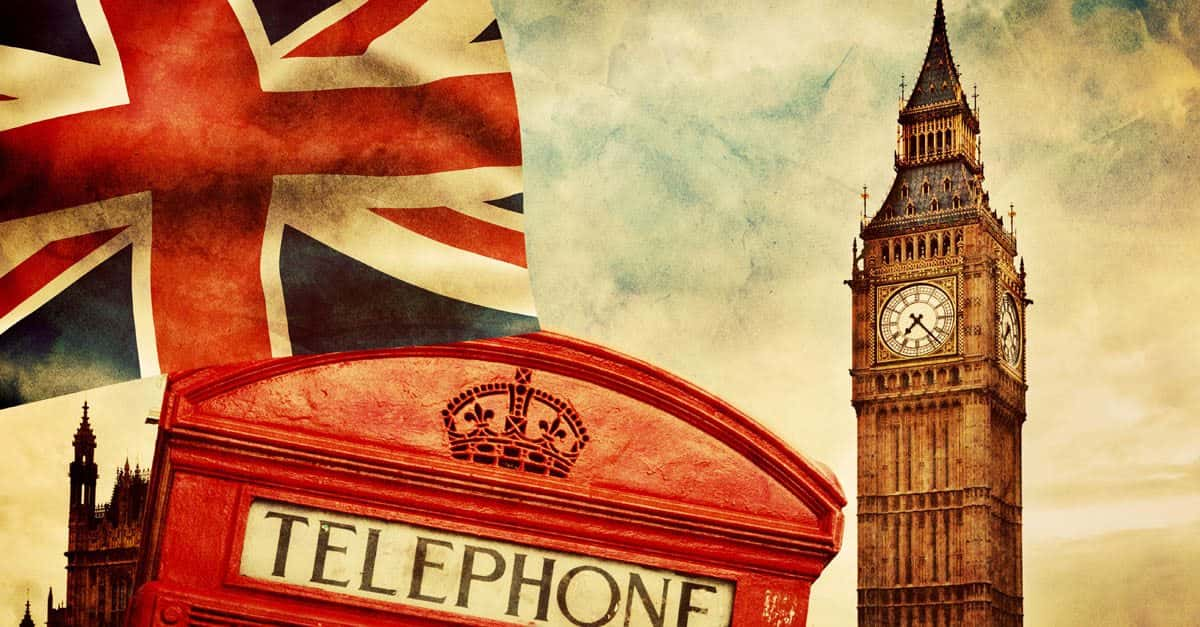In the history of Europe, and arguably the world, England has left an unforgettable mark. Yet, as historians learned long ago, there is no simple black-and-white truth to the events carried out by human beings. Just like with any nation, the history of England is bloody conflict, remarkable innovation, and just downright weirdness. But what do we really know about Old Blighty, past and present? Is there any interesting trivia which we here at Factinate could provide? Read below and find out!
England Facts
1. One Conqueror After Another
The English language is an amalgamation of German, Dutch, French, Danish, Latin Greek, and Celtic languages. All of these cultures have played an important role in English history, often due to invasions from mainland Europe.
2. Island Nation Indeed
The country of England is a rather small place, and it is surrounded on nearly every side by water. As a result, if you’re anywhere in England, you are never more than 70 miles from the sea!
3. Misidentified
Big Ben, the clock tower in the capital city of London, would have to be one of England's most famous landmarks. However, people tend to forget that Big Ben isn’t actually the name of the clock tower; it's the name of the giant bell inside said tower. The tower itself, rather, is simply known as the Clock Tower.
People, of course, continue to refer to the clock tower itself Big Ben, despite its inaccuracy.
4. The Day Everyone in London Time Travelled
Speaking of Big Ben, the giant clock which is built on the tower’s face was sabotaged in 1945. The culprits weren’t the Germans, however, but a flock of birds. These birds landed on the minute hand of the clock and their combined weight caused the clock to be turned back by nearly five minutes!
5. How it Began
The nation we know as England didn’t really emerge until the 10th century AD. Prior to that, there had been many Anglo-Saxon kingdoms within England, but most had fallen to Viking invasions. Eventually, Wessex was the last free Saxon kingdom, and it managed to not only drive the Scandinavians back, but it also absorbed the former Saxon kingdoms into its own borders as a result.
This led to the creation of a unified England.
6. Your Majesty!
The first king to rule all of what we now call England was King Æthelstan. He was the grandson of Alfred the Great, who had begun the process which led to Wessex taking all of England for itself. Æthelstan of Wessex eventually became the first-ever King of the English, and he's considered one of the greatest Anglo-Saxon kings.
7. Where We Began, and Where We Ended
Speaking of those Vikings, the first English settlement to be occupied by the invaders was the city of York, in what was then called Northumbria. Over the years, beginning in 867 AD, the Vikings would spread far and wide from that starting point, which they called Jorvik, but they were eventually defeated by the resurgent Saxons.
York would be the Vikings' final stronghold in England, but it eventually fell in 954.
9. Where Oh Where is That?
If you want to get around England’s capital city of London, you might end up taking a taxi (also known as a black cab or hackney) around. What you might not know is that in order for the drivers of these black cabs to qualify, they need to prove they can get around without relying on Google Maps. Within the six-mile area around Charing Cross, every main building and street name has to be memorized by any applicants to the taxi service.
This is part of a test called “The Knowledge,” because sometimes the English get lazy with naming things.
10. Oh Right, I Can’t Swim…
You might think that English football (soccer in North America) is played very roughly and hooligan-y, but these modern times are very tame compared to the death tolls of the medieval period. Aside from the more obvious fatal injuries sustained during the game, at least 40 people were known to have drowned while playing the game because they chased the football into the sea!
11. No Kings or Queens Allowed!
There is an ancient rule in English law that states the reigning monarch cannot set foot in England’s House of Commons. It’s been that way since 1642 when King Charles I interrupted English Parliament to forcibly arrest five MPs. Since then, only a monarch’s representative (known to carry a black rod) can enter the House of Commons.
The law still applies today; Queen Elizabeth II has never entered the House of Commons, even though nobody is sure what the punishment would be if she broke that rule.
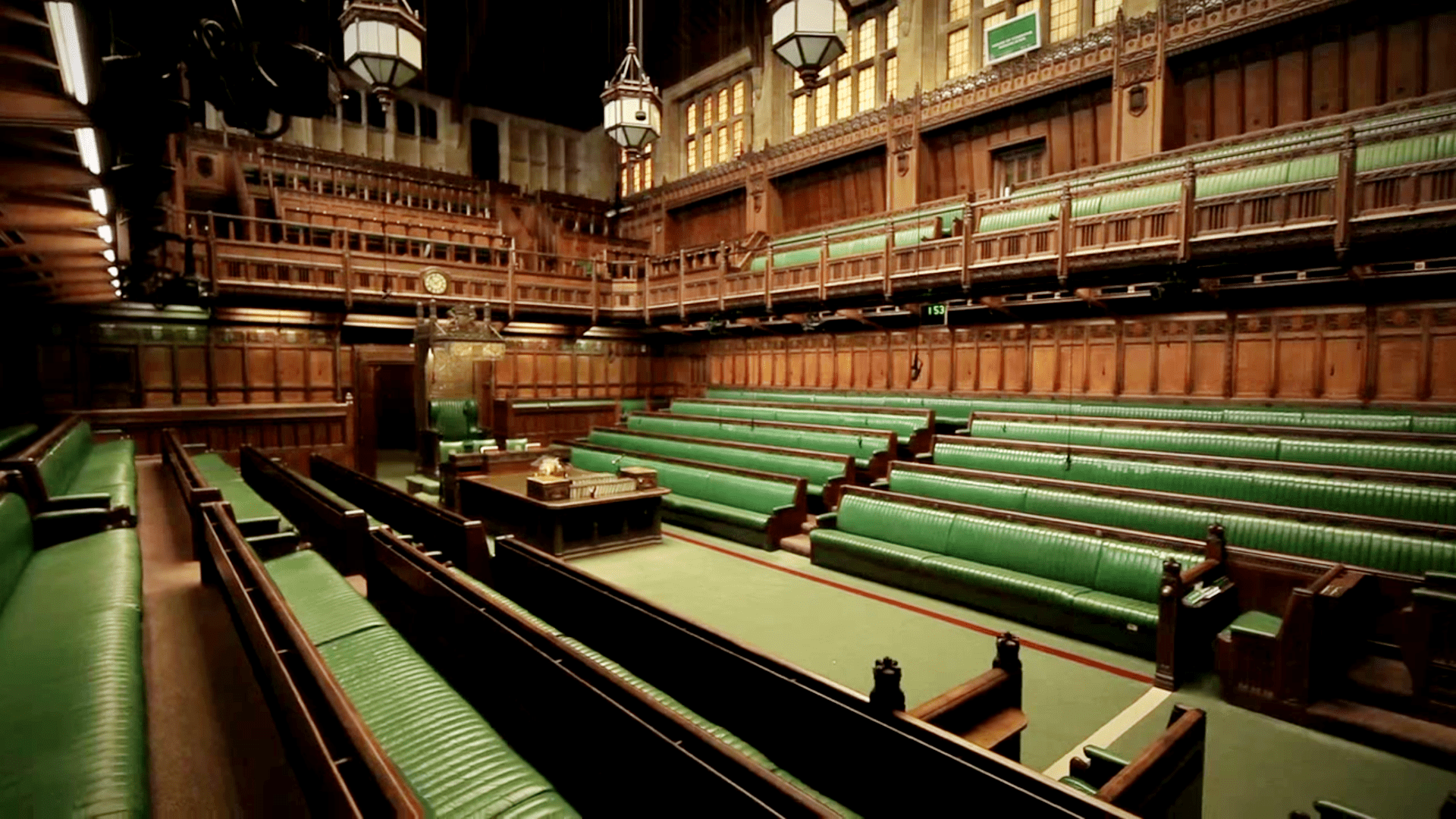 Wikimedia Commons, UK Parliament
Wikimedia Commons, UK Parliament
12. Within the Hour
Interestingly, England holds the record for fighting the shortest war in history. In 1896, they waged war on the Zanzibar Sultanate in Africa. It’s unclear precisely how much time elapsed, but it was somewhere between 38 and 46 minutes before Zanzibar surrendered!
13. So It Doesn’t Taste Like Chicken?
An ancient rule of England is that you can’t eat swan meat unless you’re a member of the royal family. However, there is another elite group of people who are allowed to taste swan: each year, on June 25, fellows of St. John’s College of Cambridge are free to satisfy their curiosity. One such figure to taste swan was Stephen Fry, though he didn’t have a high opinion of it, so maybe we’re not missing much!
14. Boo!
It turns out that the English language is even more strange than you initially thought. The Oxford English Dictionary famously contains a small number of “ghost words.” These words have no definition, but still managed to get into the dictionaries because of possible misprints or simply due to being overlooked. One example of these ghost words is “momblishness.”
15. The More You Know
People might recall that the royal families of Europe were famous for marrying exclusively within their own ranks, causing family trees to mingle frequently over the centuries. What you might not realize is that England’s current queen, Elizabeth II, is very distantly related to Vlad the Impaler as a result of that!
And yes, we mean the same Vlad who would inspire Irish author Bram Stoker to write his book Dracula.
16. Sacré Bleu!
It might surprise you to know that because of the 1066 invasion of England by William the Conqueror, a nobleman from the Normandy in Northern France, the official main language of England was actually...French. For centuries, English kings such as Richard the Lionheart and Edward Longshanks spoke little English and spent much of their time in Northern France.
Henry IV, who took the throne more than 200 years after William the Conqueror, was the first King of England who actually spoke English fluently.
17. Wait, What?
English history, as indeed the rest of European history, is rife with examples of poor or desperate women leaving babies on the doorsteps of the churches in their towns or cities because they couldn’t take care of the child themselves. Naturally, the church or other charitable organizations would have trouble looking after all these “foundlings,” as they were called.
An old solution to giving these infants a replacement to mother’s milk was having them get goat’s milk straight from the teat!
18. THAT’S Why We Call Them That?
You might have thought we were joking about the idea of goats nursing babies, but it was a full system where the goats were fully trained for this specific task. Individual infants in the parishes would get goats assigned to them, and the goats would stand over the infants so they could suckle from them directly. For this reason, female goats are still called nanny goats to this day in the English language!
19. The Mob Rules
Before the term “lynching,” an older term existed which was named after an English town in the northeast of England by the Scottish border. As you can imagine, the history of the English border with Scotland involved many raids and attacks from both sides against the other. One particular town, called Jedburgh, Jeddart, or Jethart, was a frequent participant in these border conflicts.
“Jeddart justice” was the term for a suspect being summarily hanged without a trial.
20. This Wouldn’t Have Happened with Visa!
18th and 19th century England was well known for its debtors’ prisons. These prisons were exclusively for people who owed money and couldn’t pay it back. They did a lucrative business, even in the days before credit cards. Charles Dickens' father was actually one of the many people who spent time in a debtors' prison.
Dickens himself would later write about these institutions, immortalizing them within literature.
21. Damnit, Javert!
One crazy way that a person could end up in debtors’ prison was not being able to pay for the privilege of being in a regular prison! During the medieval period, prisoners had to pay for every aspect of their imprisonment, whether it was the food they were given or even the manacles they wore. Anyone who couldn’t pay those fees would be transferred to debtors’ prison instead.
As you can imagine, some of these people would be imprisoned for up to 40 years for what was initially a shockingly minor offense because of the debt they could never repay!
22. A Lot of Backscratching
Interestingly, a side business emerged out of people being kept in debtors’ prisons. Predictably, some of the people in those prisons were priests. Since men of the cloth weren’t defrocked for being in debt, they still held all their authority within the church. As a result, anyone hoping to get married in a hurry could go to a debtors’ prison, find such an imprisoned priest, and have them marry you for cheap!
23. Thank You, Next!
English law dictates that any bill which passes Parliament and the House of Lords must be signed off by the ruling monarch before the bill can become an act. The last time that a monarch of England ever refused to sign such a bill was in the early 18th century when Queen Anne refused to approve a bill regarding the legalization of Scottish militias during a time when the Scots were suspected of being untrustworthy.
24. When Would Those Two Ever Meet?
Most people will know that the national animal of England is the lion. However, people might be surprised to know that this lion helped influence the national animal of Scotland, which is the unicorn. According to Scottish mythology, the unicorn was the natural enemy of the lion, and it was deemed the most suitable choice to represent Scotland.
25. I Call Dr. Doolittle to the Stand!
It’s certainly a valid argument to state that medieval England was not a good place for animals and animal rights, but surprisingly, animals were treated equally in a rather bizarre way. If an animal, such as a pig, committed an offense (such as eating the crops of a neighboring farmer), that animal could be taken to a court specifically to judge animals.
We sadly can’t prove that a law office was ever established which specialized in defending these unfortunate beasts, but we hope that there was.
26. Take This!
If you went to the English region known as the Cotswolds, there’s a good chance that you’d eventually see a demonstration of a sport known as purring, hacking, or more straightforwardly, shin-kicking. The idea of the sport was that two participants would kick each other in the shins until one of them admitted defeat. The game originated during the late 18th century and continues to be a popular sport in that region to this day.
The most hilarious thing about this pastime is that it’s actually been referred to as an “English martial art!”
27. Jog On!
If an Englishman wants to swear at you without saying anything, one frequently used method is to gesture with two fingers showing the back of your hand (like a backward version of Winston Churchill’s “V for Victory” sign). We won’t say what the gesture means because we can’t type out the word here!
28. The Archers’ Revenge
The aforementioned rude two-finger gesture has a famous origin which goes back all the way to the Hundred Years' War. The story goes that during the Hundred Years War, English longbowmen were so despised by the French that any captured archers would immediately have their index and middle fingers cut off so that they could never again fire an arrow.
As a result, those two fingers were then used by archers to taunt their enemies in battle, waving them to show that they still had those fingers and were using them to kill more Frenchmen!
29. You Did What to My Wife?!
As awesome as the above story sounds, however, this historical explanation for archery being used to create a rude gesture is utterly apocryphal. Despite the fact that there are depictions of archers making the sign on medieval tapestries, there are no written sources saying the French cut off archers' fingers. The actual origin of the gesture remains a matter of debate. Another prevalent theory is that the two fingers outstretched were meant to represent a cuckold’s horns.
This would mean that you’d be bragging to the recipient of your gesture that you’re bedding his wife and making him a cuckold. This would certainly explain the four-letter word associated with that gesture!
30. Whoops!
One of the most famous court cases in English law history began with the death of William Jennens, “the richest miser in the land," in 1798. The elderly Jennens was incredibly wealthy, but when he was asked to sign his will, he'd forgotten his glasses at home. He ended up putting the task off for another day, but unfortunately, he died very soon after, leaving his fortune without a will to claim it.
31. It’s on Now!
In the aftermath of William Jennens’ death in 1798, his lack of a will and his huge fortune provoked the very worst reactions out of his large family. Thus began the famous court case Jennens v. Jennens. The family members spent decades battling over who would inherit the fortune that William had left behind (estimated to be around £230 million in modern currency).
32. Art Imitating Life
The Jennens v. Jennens court case was so famous for its longevity that it inspired Charles Dickens to spoof the then-ongoing court case in his novel Bleak House in the 1850s. Dickens would even use the same conclusion in his novel as what eventually happened to resolve the case: The rapacious family refused to stop bickering over who would get the inheritance for so long that they actually ran out of money.
33. Was He a Fortune Teller??
What’s really incredible about Dickens’ parody of the Jennens v. Jennens court case was that it actually predicted how it would be resolved far in advance. Dickens didn’t even live long enough to see the court case reach its conclusion with the money finally drying up. Jennens v. Jennens didn’t end until 1915—that’s over 107 years!
34. Those Bloody Days
While the English have gotten themselves involved in many wars over the centuries, the war which killed the highest proportion of English soldiers was the English Civil War of the 17th century. This shouldn't be too surprising, given that all the casualties of that war were English, and the war took place mostly on English soil. More than 85,000 died on the battlefields, and another 100,000 died of their wounds.
All in all, one-tenth of all English adult males died during the seven years of the English Civil War. While more English soldiers would die in later wars, the proportion of those killed was never higher than that.
35. No Bins
If you're walking through London, you may notice a lack of public trash bins compared to other cities, and the reason why is quite unfortunate. They're also rarely seen in the Tube, London's subway. During the time of the Troubles, when the activities of the IRA (Irish Republican Army) were at their height, one of their strategies was to plant bombs in metal trash cans, as they would create a large spray of shrapnel.
In one instance in 1991, a trash can bomb was set off in the tube at Victoria station at the height of morning rush hour. After that attack, metal trash bins were removed from subway stations. They have slowly returned, but modern models have a transparent trash bag suspended on a hoop.
36. The Beautiful Game
It's well known that the British appreciate soccer more than Americans do, but many people might not be as familiar with the British "firms." Firm is the name given to an organized gang of football supporters that engage in violent confrontations with fans or firms of other teams. They are not officially affiliated with their football club's ownership or players.
The members of these groups are often referred to as football "hooligans." Violence between firms has resulted in certain individuals being banned from every stadium in the country for life. As of 2016, Newcastle led the way with 124 bans for its firm members. Hooliganism is not restricted to Britain, but it originated there, along with soccer or "football" itself.
37. Leery Dairy
Gloucestershire County, in southwest England, is the annual host of a cheese-rolling event—and it's exactly what it sounds like. An eight pound Double Gloucester cheese is rolled down Cooper Hill and participants race after it. The event was officially canceled in 2010 due to health and safety concerns. The hill is steep and most people fall head over heels as they chase the cheese.
Regardless of official sanctions, people still head to the hill every year to keep the tradition going. There is no definitive theory on how this tradition started, but some believe it may derive from a pagan ritual that was meant to encourage a successful harvest.
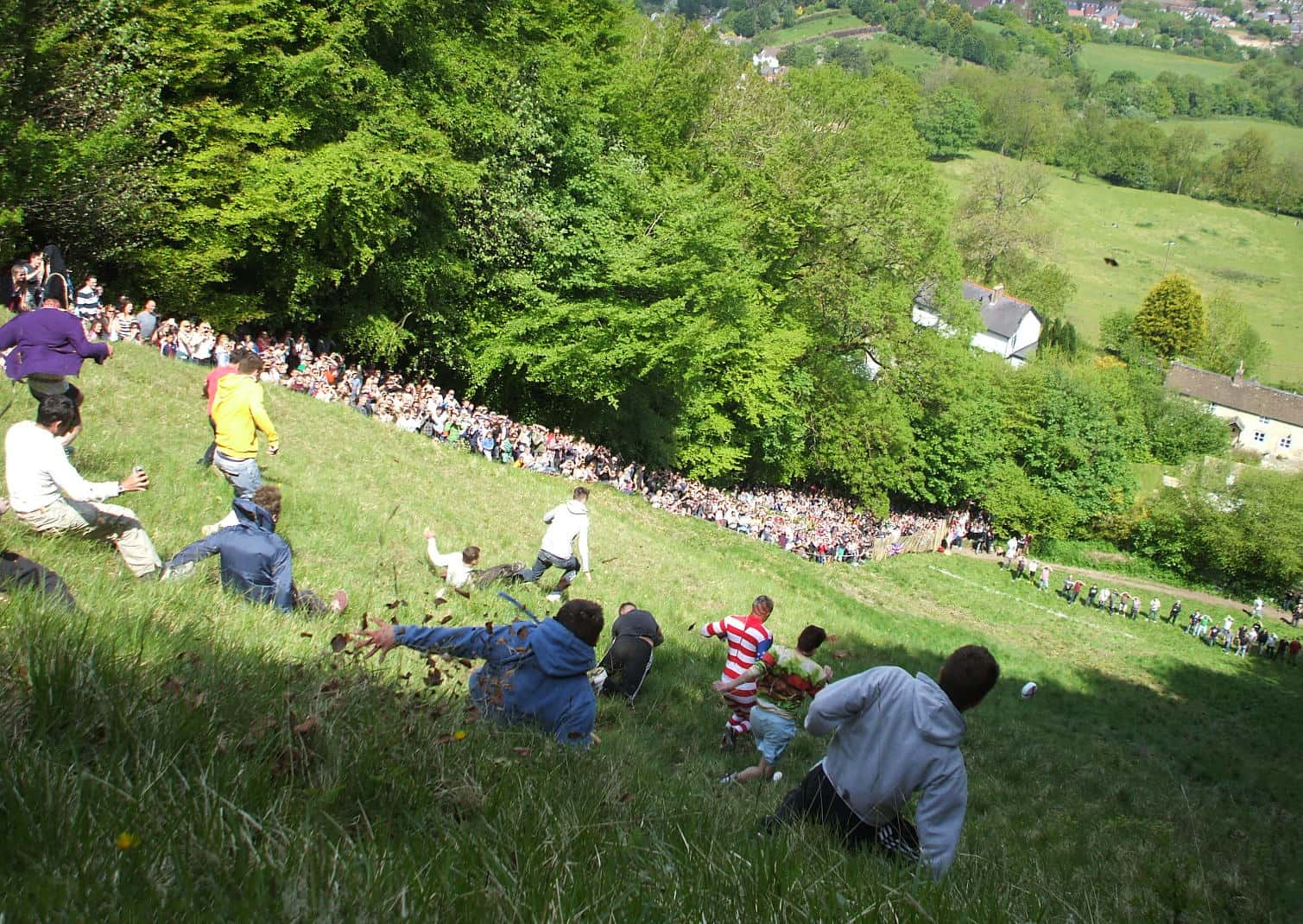 Wikimedia Commons, Dave Farrance
Wikimedia Commons, Dave Farrance
38. Wait, What?!
In 1807, the slave trade was declared illegal under English law, though it wasn’t until 1834 that the act of owning a slave was illegal throughout the British Empire. However, because of a bizarre loophole, owning a slave remained legal within the country of England itself until 2010!
39. Now You're Just Blowing Smoke up My...
Beginning in the late 18th century, it was considered a standard procedure to resuscitate drowning victims by giving them a tobacco smoke enema. Just like flotation devices at a modern-day pool, small bellows to perform this procedure were hung along the river Thames as a precaution in case anyone fell in. This practice was adopted by North Americans and fell into decline after people began to realize the toxicity of tobacco.
40. Many Thanks, Chap!
You can thank an Englishman for allowing you to read this list in the first place. Scientist Tim Berners-Lee changed the world forever when he began working in the field of computer networking. In the early 1990s, he invented the World Wide Web system, better known as the “www” that appears in almost every search bar on every computer that you’ve ever used!
 Wikimedia Commons, Paul Clarke
Wikimedia Commons, Paul Clarke
41. Cup of Tea
Some stereotypes have some basis in reality. The British, as a whole, do have more reverence for tea. There is afternoon tea and high tea to be exact. Afternoon tea is usually around 3 or 4 and is believed to have originated with Anna Maria Russell, Duchess of Bedford. Since lunch was a light meal at noon, and dinner was usually served at 7:30 PM or later, she decided to have tea and snacks in between. This then became a tradition.
In comparison, high tea began with the working class who needed heavier refreshments and food after work, like pies, meats, and cheeses. The name "high tea" isn't an indication of class, it just refers to the meal being served on tables instead of couches. Apparently, mixing these two terms up "is a dead giveaway you're American." Also, no need to keep your pinky up when sipping.
42. I Bought This Dolphin Fair and Square
Queen Elizabeth not only has dominion over her human subjects, but her power extends to the animal kingdom as well. A statute from 1324 that’s still legally on the books gives the Queen ownership over all the dolphins in the UK and in British waters, as well as of sturgeons, porpoises, and whales. The dolphins and whales are referred to as “fishes royal,” and if caught within three kilometers of the British shore, are considered royal property.
Sturgeons are often caught by fishermen hoping to sell their roe—the fish are sold normally, but the purchaser often acknowledges the Queen in the transaction as a gesture of loyalty.
43. Shutdown
Most people picture the weather in England as rainy and rather mild. While the rain stereotype may not be 100% accurate, it is true that Britain is used to mild winters—despite what Charles Dickens would have you believe. This means its snow clearing services are ill-equipped for snowfall. Less than a foot of snow can literally ground flights, shut down businesses, and result in brutal transit delays.
Since Britain isn't used to the snow, it doesn't have the fleets of snowplows and reserves of salt to deal with even a gentle snowstorm.
44. Royale with Cheese
Many people in North America assume that England uses the Metric System, but that's not exactly the case. While SI units are used in many cases, Imperial units such as miles, yards, and feet are still used on road signage, as well as in many other applications. But the most important measurement of all in the UK? The pint, of course.
45. Summertime
As part of May Day, the first Monday of May, events are held to celebrate the start of the summer season. Among the festivities, you might meet a person dressed in foliage. This practice began in the 16th century. "Jack in the Green" even has its own annual festival in the town of Hastings.
46. UK Jemima
If you love pancakes, give Olney, Buckinghamshire a visit on Shrove Tuesday. You'll find some participants taking place in an annual pancake race, where they race while flipping a cooked pancake in a frying pan. Seriously. This age-old Olney tradition has been adopted elsewhere, and today, the town competes with Liberal, Kansas to see who can claim the fastest time in the International Pancake Race.
47. Toppings
Like the French and their delicious buckwheat crepes with dozens of possible toppings, the British have their own ideas about what to put on pancakes. British pancakes are actually similar to crepes in terms of their size and thickness. Politician Clive Lewis says the tradition is to simply put lemon and sugar on top.
If you ever have the chance though, try Lyle's Golden syrup.
48. Devil in the Details
When traveling, you'll usually account for weather, customs and so on. One thing you might not think of are different plugs. The plugs the UK uses are three-pronged ones that are not used anywhere else in Europe. In case you weren't confused enough already, UK outlets also usually have the ability to be turned on at the wall socket itself.
49. Lost in Translation
From personal experience, you don't want to be the new guy in class that says another guy is buff. In America, buff might be a more out of date word to describe someone who is muscular. In England, buff (or fit) simply means attractive.
50. What About Second Breakfast?
Elevenses isn't just a Tolkien creation. The name also refers to a late morning (usually 11 AM) snack along the lines of tea or coffee with scones, muffins or biscuits. We won't even get into luncheon, afternoon tea, dinner, or supper, though...
51. Charge!
Due to the crippling traffic in London, the city actually has a congestion charge. There is an £11.50 daily charge for using a vehicle in certain "charging zones" from 7 AM to 6 PM, Monday to Friday.
52. Cheerio
The stereotypical "posh" English accent that we may think of when we envision England is known as Received Pronunciation (RP) or "the Queen's English." Some people theorize that it is now the most desired accent, due to a subconscious desire to emulate the British royals.
53. Mommy
If you've seen the Daniel Craig Bond films or Idris Elba's TV series Luther, you might wonder why they call their female bosses "mum." Well, in fact, they're actually saying ma'am—"mum" is simply the way the British pronounce it. So, it’s not like that time you accidentally called your teacher “mom” in front of the whole class.
 Casino Royale (2006), Columbia Pictures
Casino Royale (2006), Columbia Pictures
54. Shreddered Cheese
Between 1998 and 2014, weekly household purchases of dried and fresh pasta in England more than doubled. Frozen pizza purchases also increased by more than 1,000% during this time. Obviously, some of this influence would be from Italy, but the popularity of pizza was actually attributed more to the United States than anything else.
Specifically, the presence of pizza in American cultural products like The Teenage Mutant Ninja Turtles made the Brits start to crave the fine Italian delicacy.
55. Breaking Stereotypes
While tea is still an important part of Britain's cultural fabric, actual tea purchases have declined by almost two-thirds between 1974 and 2014. Tea is still more popular than coffee, but the decline of tea is sometimes attributed to "the emergence of a coffee culture in the UK."
56. No Mixing
Traditionally, British bathrooms aren't typically wired for electricity due to an old-school fear of water and electricity mixing. There is usually an exception for the light above the mirror and the socket that is intended for shaving.
57. Drop the Base
Many British homes might have a cellar, as opposed to a proper basement. The cellar may be a damper place that is better for storing wine than for storage of items that need dry conditions.
58. Ice, Ice…
The British are known to avoid ice in a lot of their cocktails, like the famed gin and tonic. The mojito is one of the few drinks in England that will be served with as much as ice as an American would expect.
59. Not What We Meant By Women and Children First
Each year around Guy Fawkes' Night, the town of Ottery St. Mary take part in a tradition involving barrels of tar and fire that dates back to the 17th century. Each of the town's pubs sponsors a barrel which is soaked in tar and lit on fire. The barrels, which can weigh up 30 kg, are then hoisted over people's heads and carried through the town center.
Only true Ottery locals are allowed to carry barrels, and some families have been competing in the annual spectacle for generations.
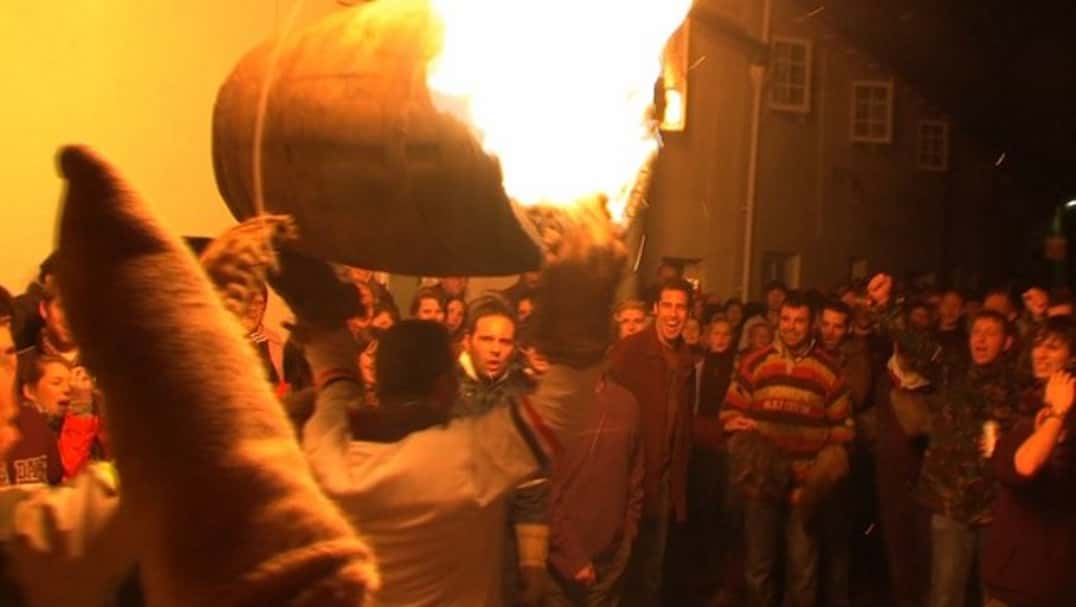 Wikimedia Commons, Lewis Clarke
Wikimedia Commons, Lewis Clarke
60. London Bridge Is...
In the days when Henry VIII was getting ready to burn all the bridges in the world by divorcing his wife to marry Anne Boleyn, one woman turned to prophesy to stop him. In 1532, a Catholic nun (and mystic) named Elizabeth Barton prophesied that if the King married Anne Boleyn, he would die and go to Hell. She was promptly arrested by the next year and forced to admit that she’d made it all up (which, let’s be fair, she probably did).
Barton was beheaded for her treason and her head was put on a spike on London Bridge. She remains the only woman in history to have her head decorate the bridge.
61. Renaissance Tinder
After Jane Seymour's death from complications after giving birth to Edward VI, Henry VIII began the search for his next wife. In order to choose, Henry was sent paintings of possible partners. He chose Anne of Cleves over her sister Amalia, but was unhappy with his choice when he finally saw her in person.
He called her a “fat, Flanders mare,” and had the marriage annulled after just six months. At least she kept her head!
62. This Was a Test, And You Failed
Anne of Cleves was famously discarded by the King, but there may be another side to the story. Anne’s first meeting with Henry was a diplomatic blunder: making her way to London, Anne’s party stopped on New Year’s Day 1540 at Rochester, where she took time to look at bull-baiting from the window. Suddenly, an old burly stranger entered the room.
Depending on the account, either this unkempt figure tried to get her attention and was politely ignored by Anne, or he outright tried to kiss and grope her, which understandably caused the young woman to ring the alarms. Unfortunately, the stranger was really Henry VIII in disguise. He had expected Anne to know her “role”—the maiden who could see through her chivalric suitor’s disguise via the power of “true love”…or something.
Anne was unimpressed, so, in emotional self-defense, Henry may have decided to be unimpressed with her.
63. Heart of Darkness
Catherine of Aragon, Henry VIII's first wife, died of ambiguous causes. Her embalmer noticed the corpse was in perfect health—save for her heart, which had turned black. That led some people to whisper about poison. Today, historians agree generally agree that Catherine died of heart cancer, which—considering the circumstances of her life—appears too poetic to be true.
64. Repulsive in Death
In a rather gross and ominous coincidence, two famous English kings left a grisly mess after they died. Both the corpses of Henry VIII and William the Conqueror infamously burst due to post-mortem conditions. In both cases, this made the funerals especially horrific. Henry’s bloated corpse exploded in his lavish lead coffin, causing a vile liquid to drip onto the floor and creating a rotting stench that made displaying his body in public impossible. One chronicler noted how stray dogs licked at the disgusting remains of the king.
Similarly, William the Conqueror’s swollen corpse was too big for the entrance to his tomb, and it burst when attendants tried to force it inside. The ensuing smell safely killed any appetites of anyone in attendance!
65. Gross!
Anyone who’s been to London might have an idea about how hard it can be to find a toilet when the need arises. Back in the 12th century, though, people in the cities of England would often relieve themselves openly in the streets!
66. A Walking Port-a-Potty?
However, in case you were too shy to allow yourself to be seen defecating in the open, men with long cloaks would walk the city streets, holding buckets. If you paid them, they would cover you with their cloaks while you sat on the bucket and did your business. That's right: in London, you could make a living as a bathroom.
Sources: 1, 2, 3, 4, 5, 6, 7, 8, 9, 10, 11, 12, 13, 14, 15, 16, 17, 18, 19, 20, 21, 22, 23, 24, 25, 26, 27, 28, 29, 30, 31, 32, 33, 34, 35, 36, 37, 38, 39, 40, 41, 42, 43, 44, 45, 46, 47, 48, 49, 50, 51, 52, 53, 54, 55, 56, 57, 58, 59, 60, 61, 62, 63, 64, 65, 66, 67, 68


